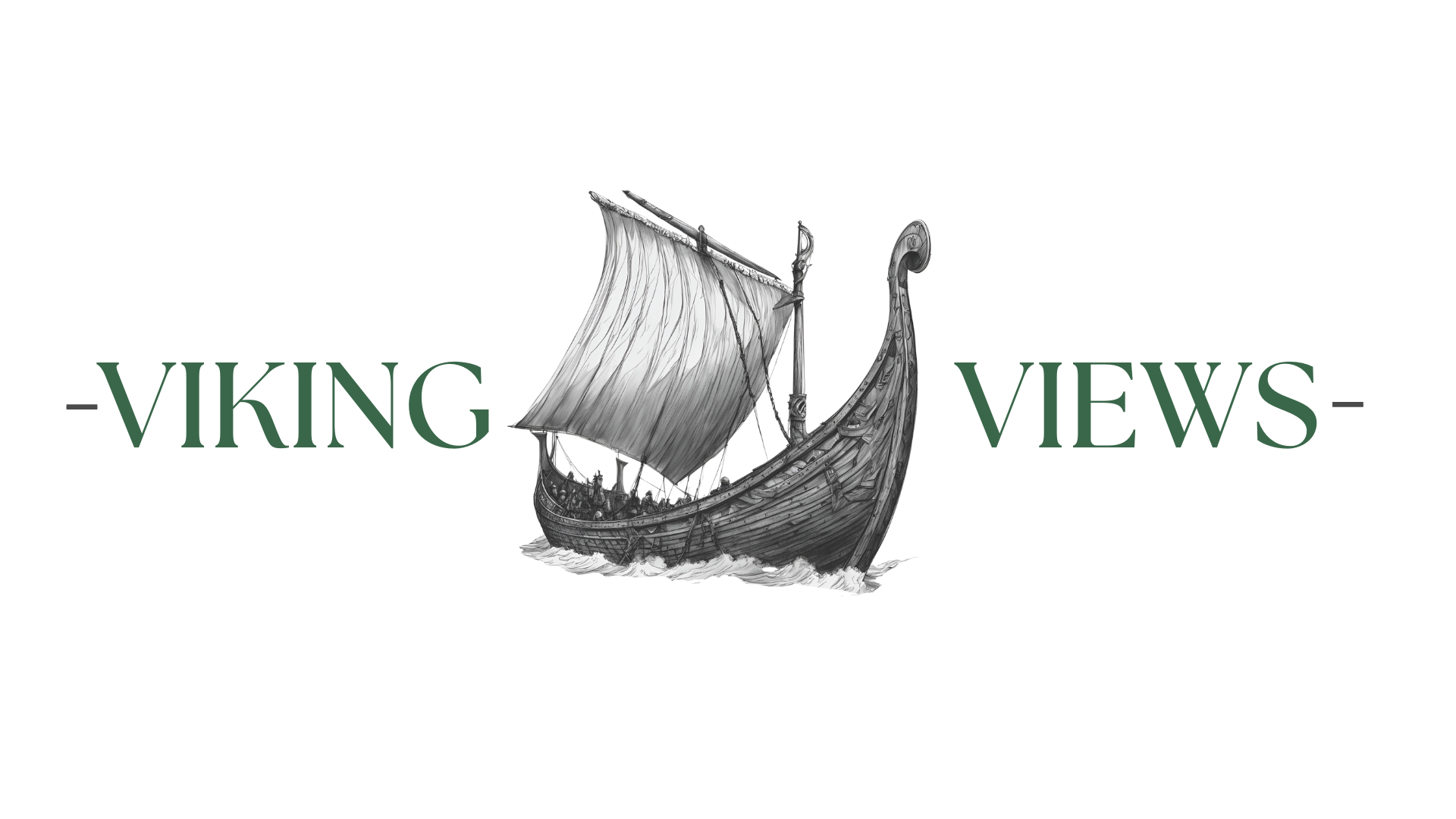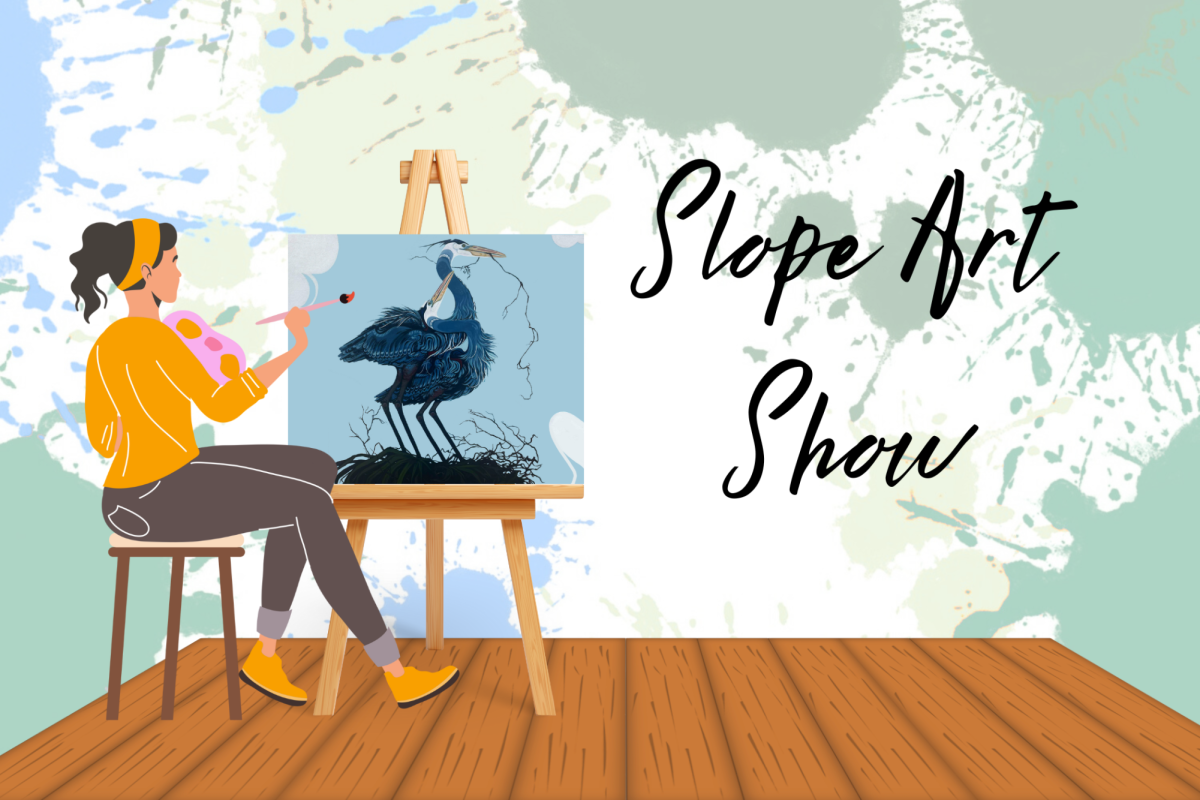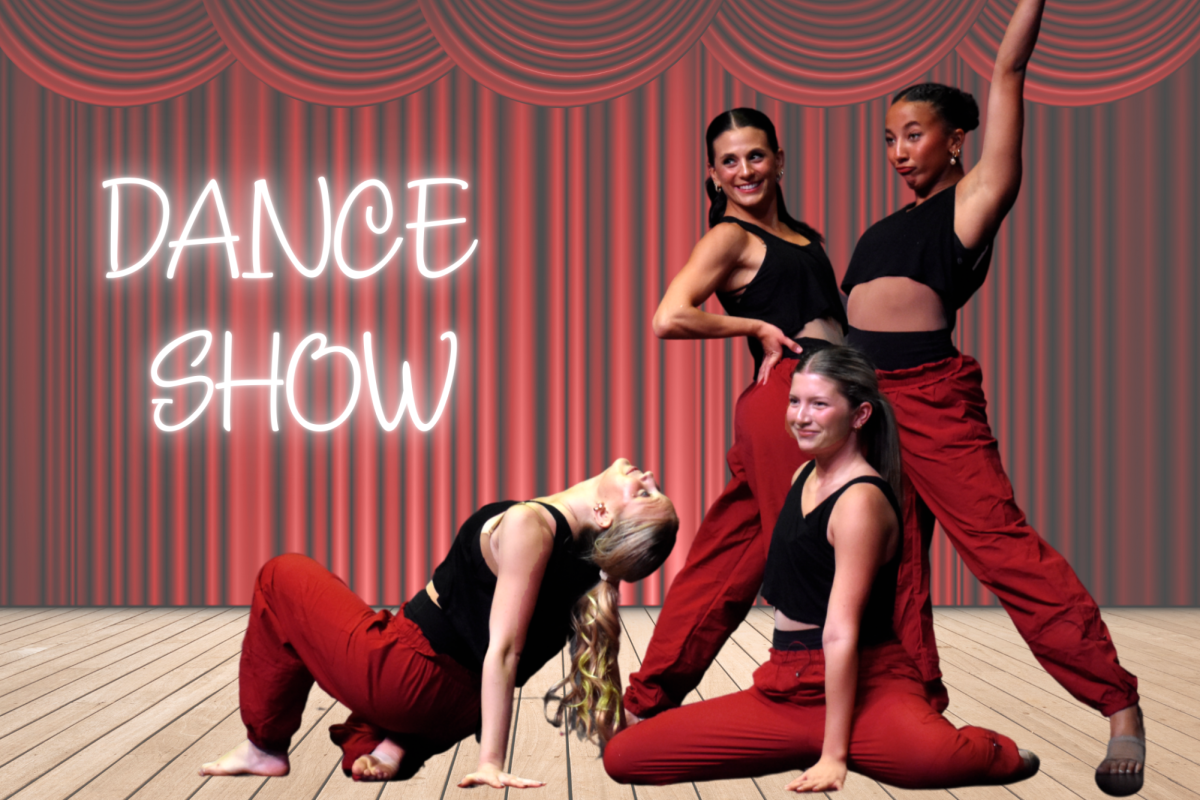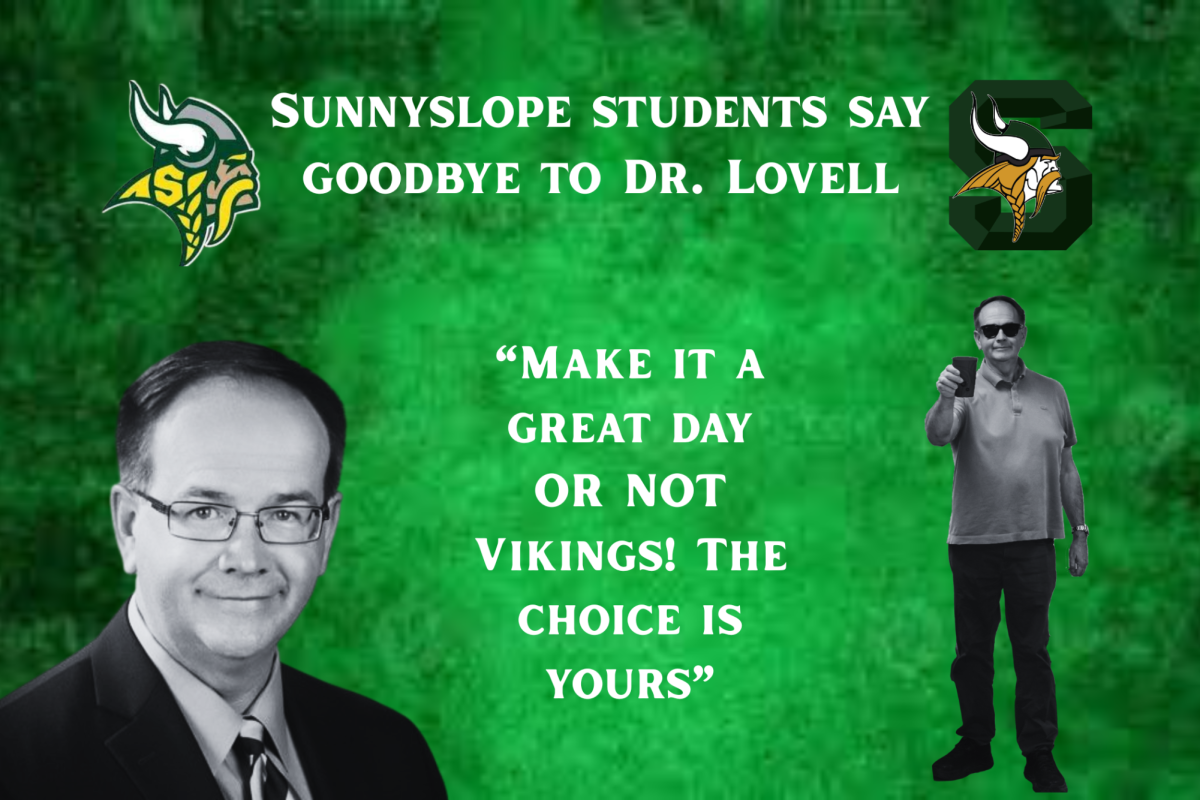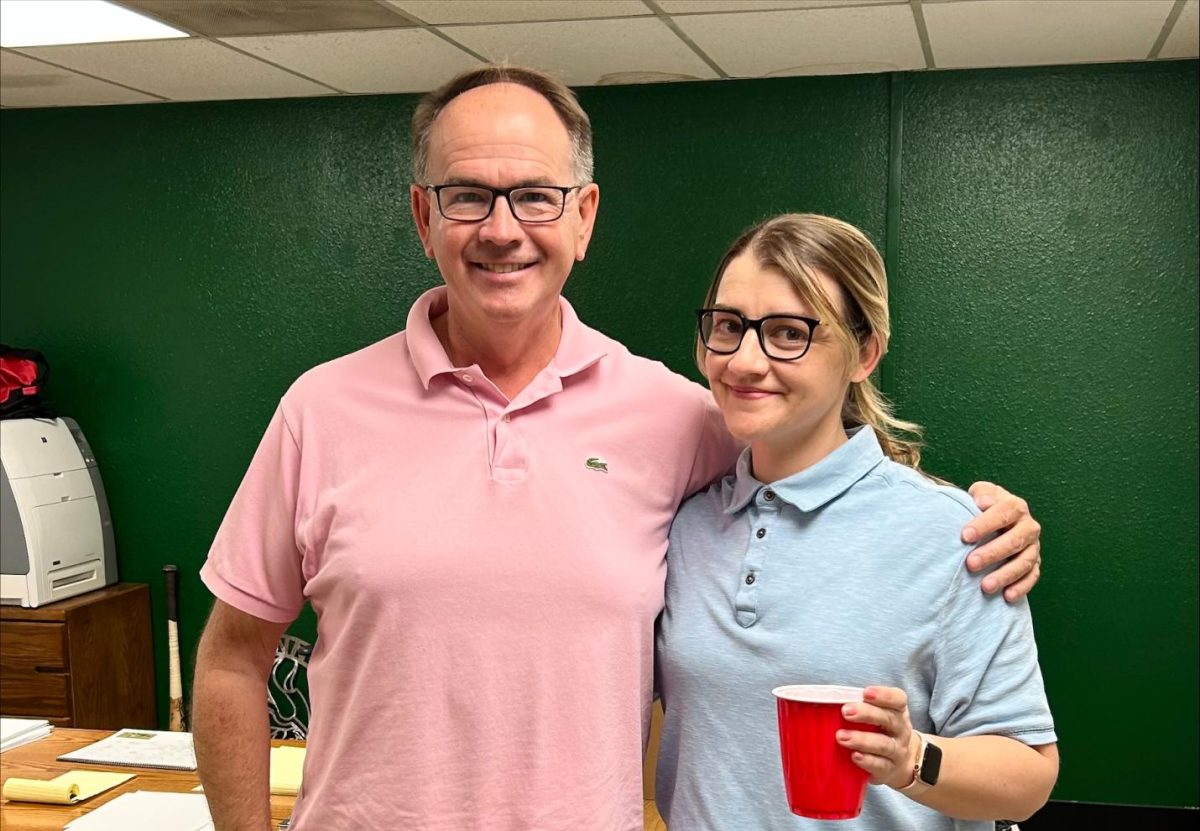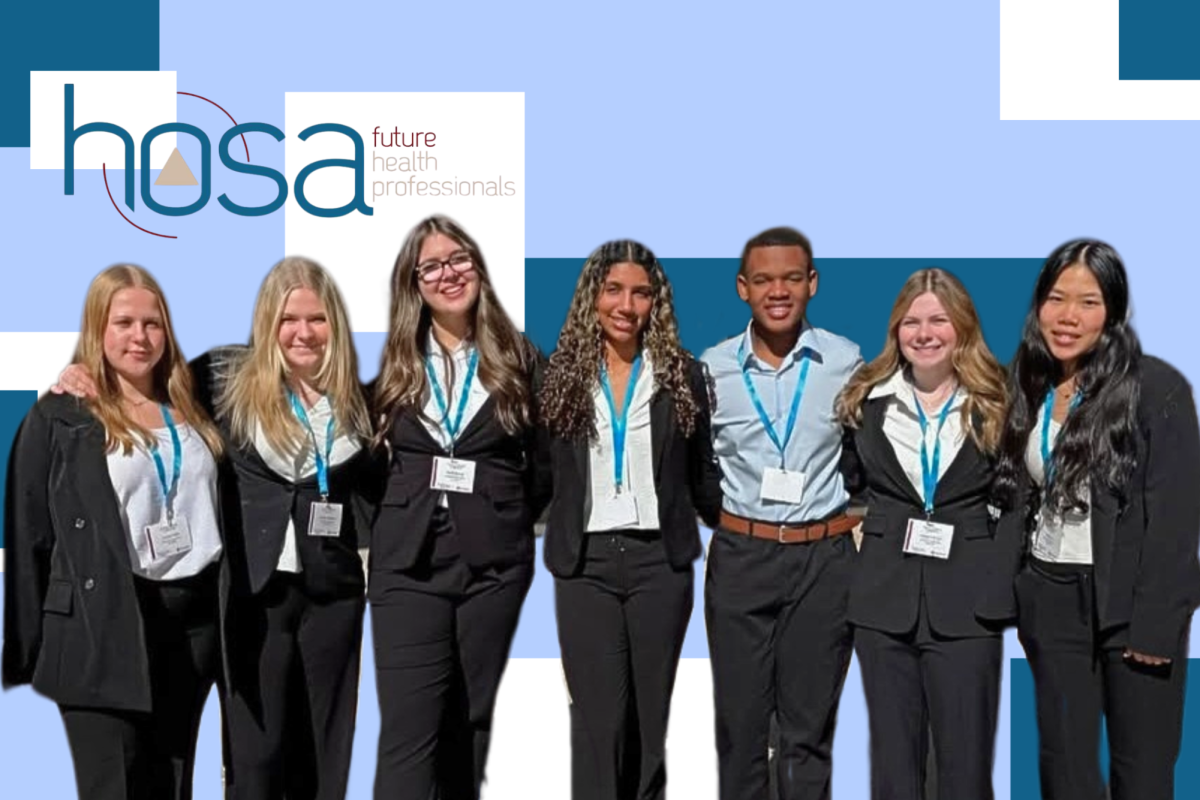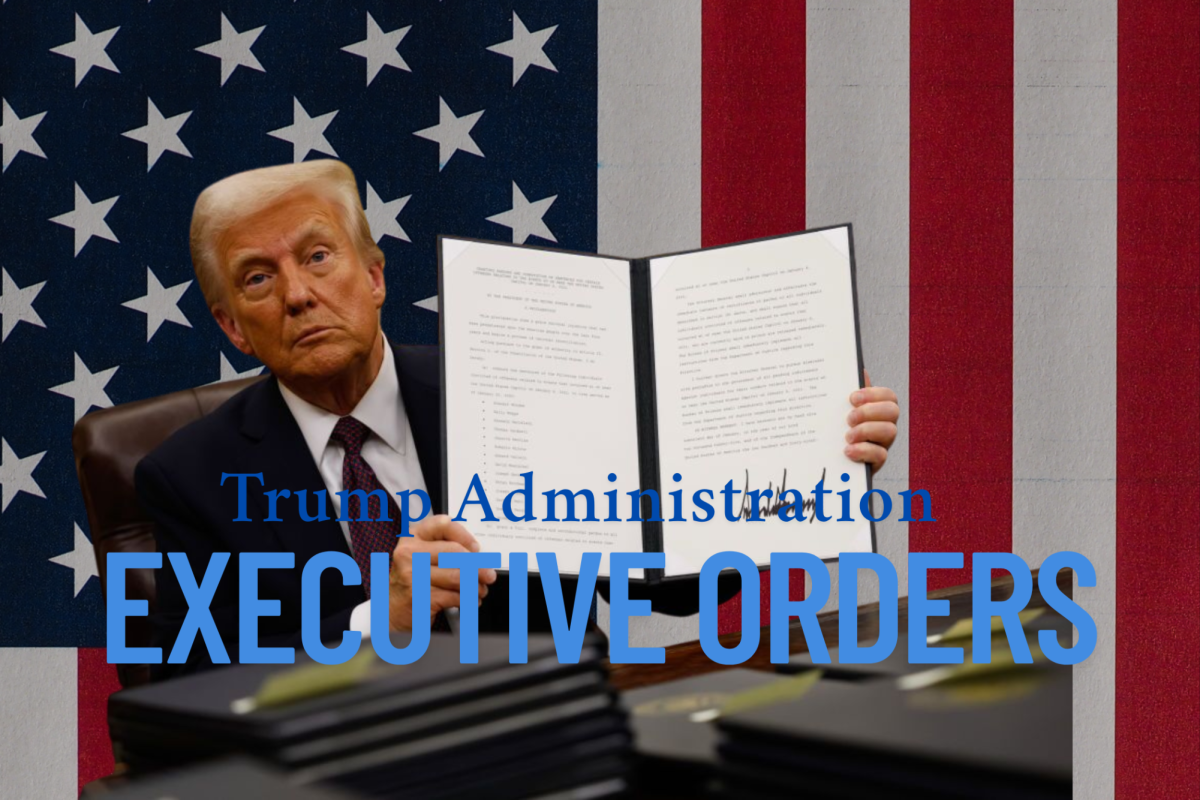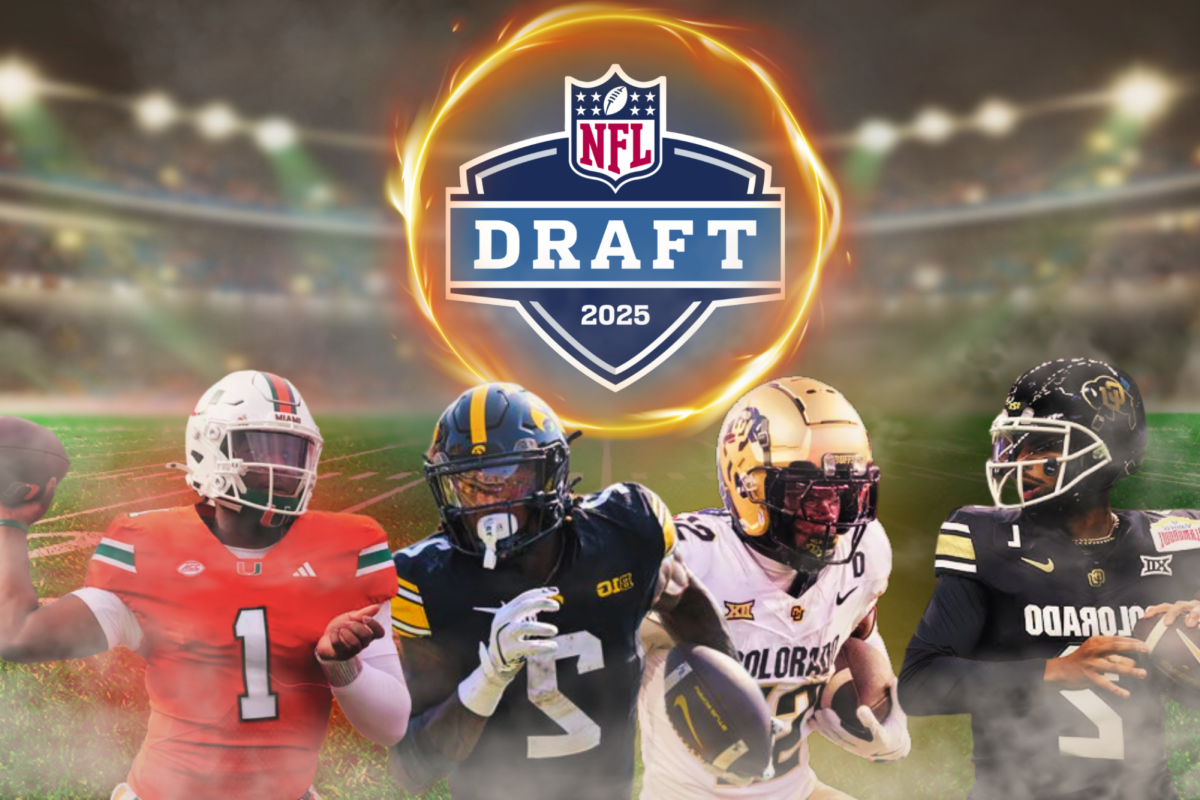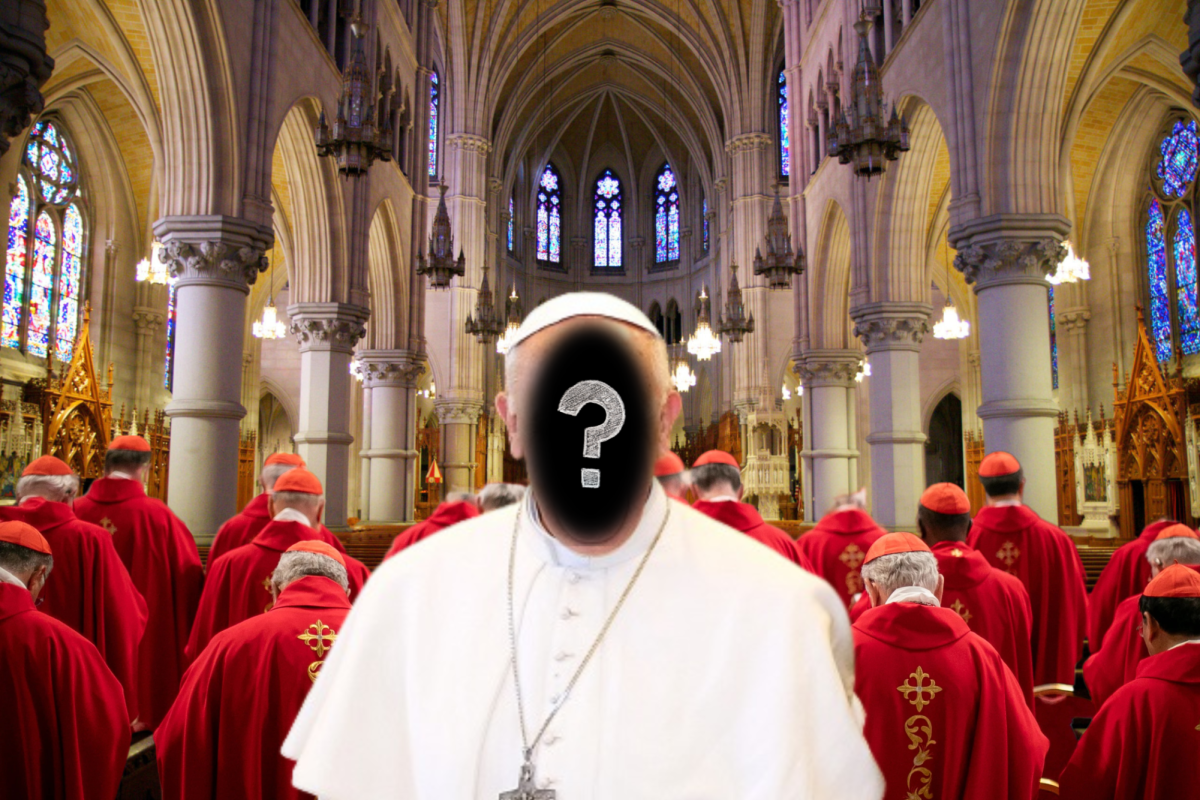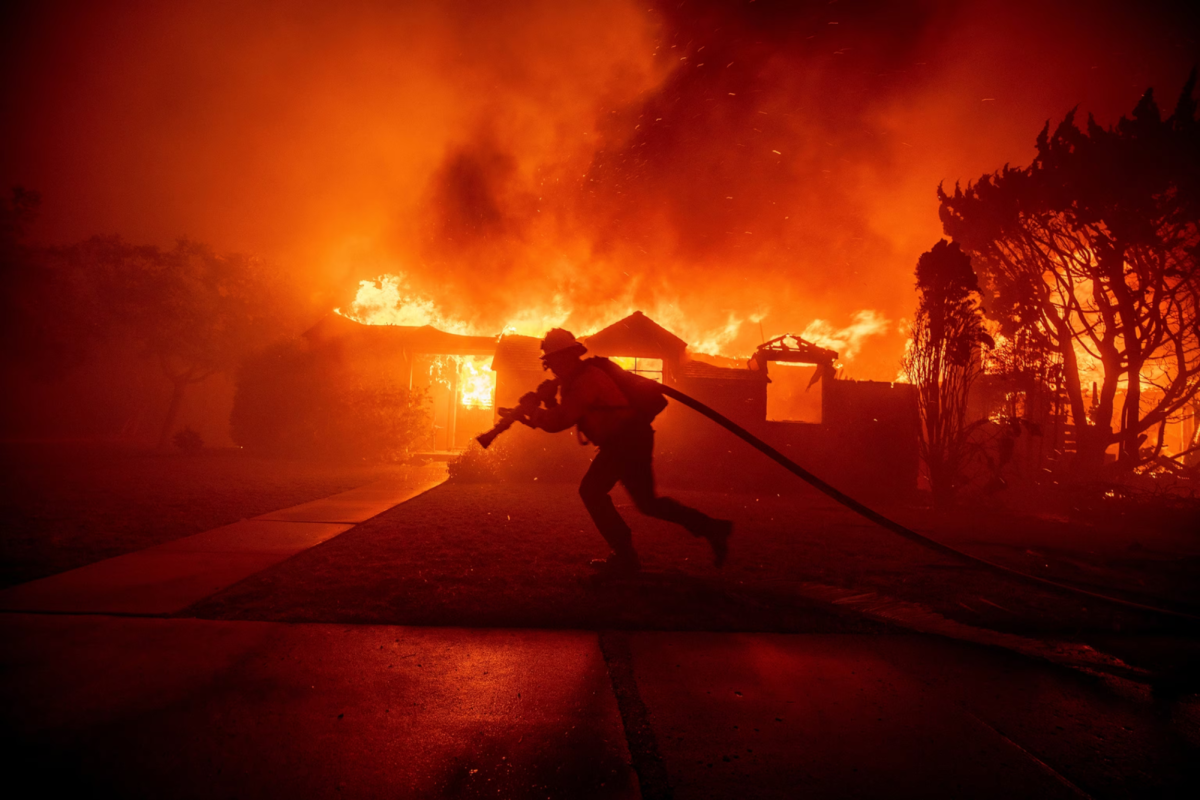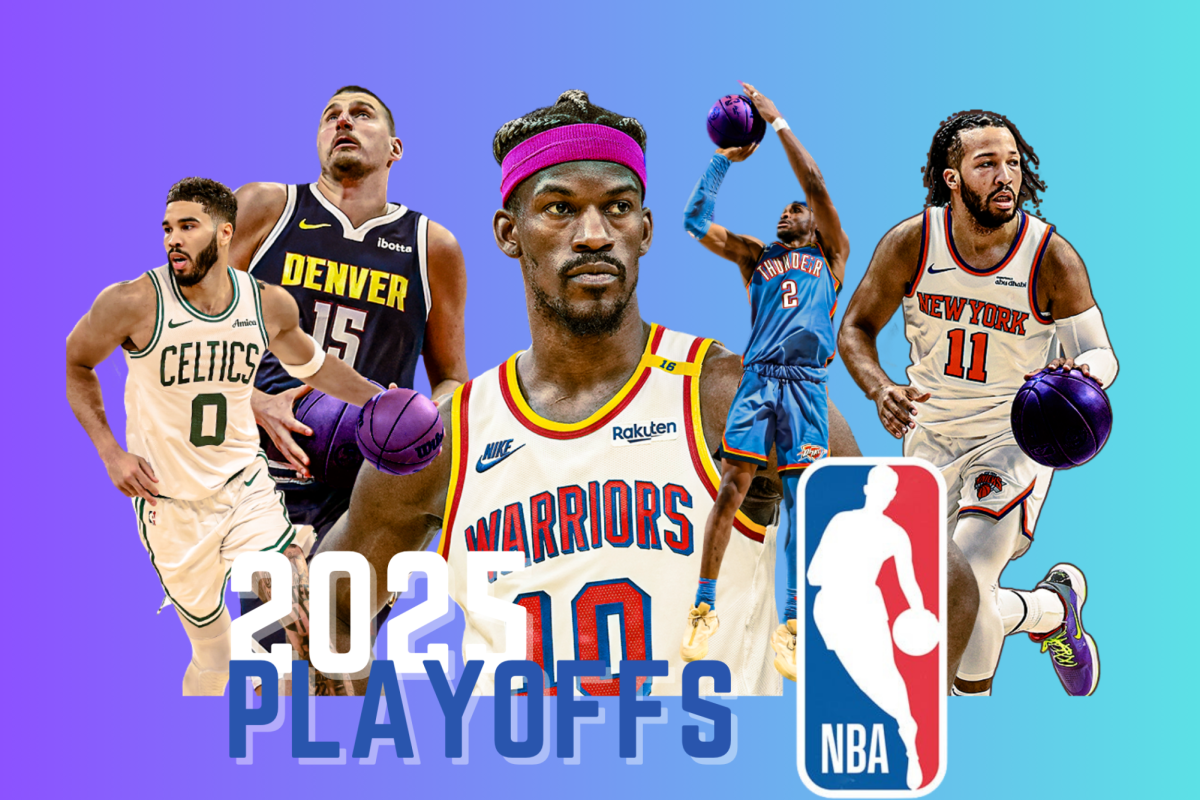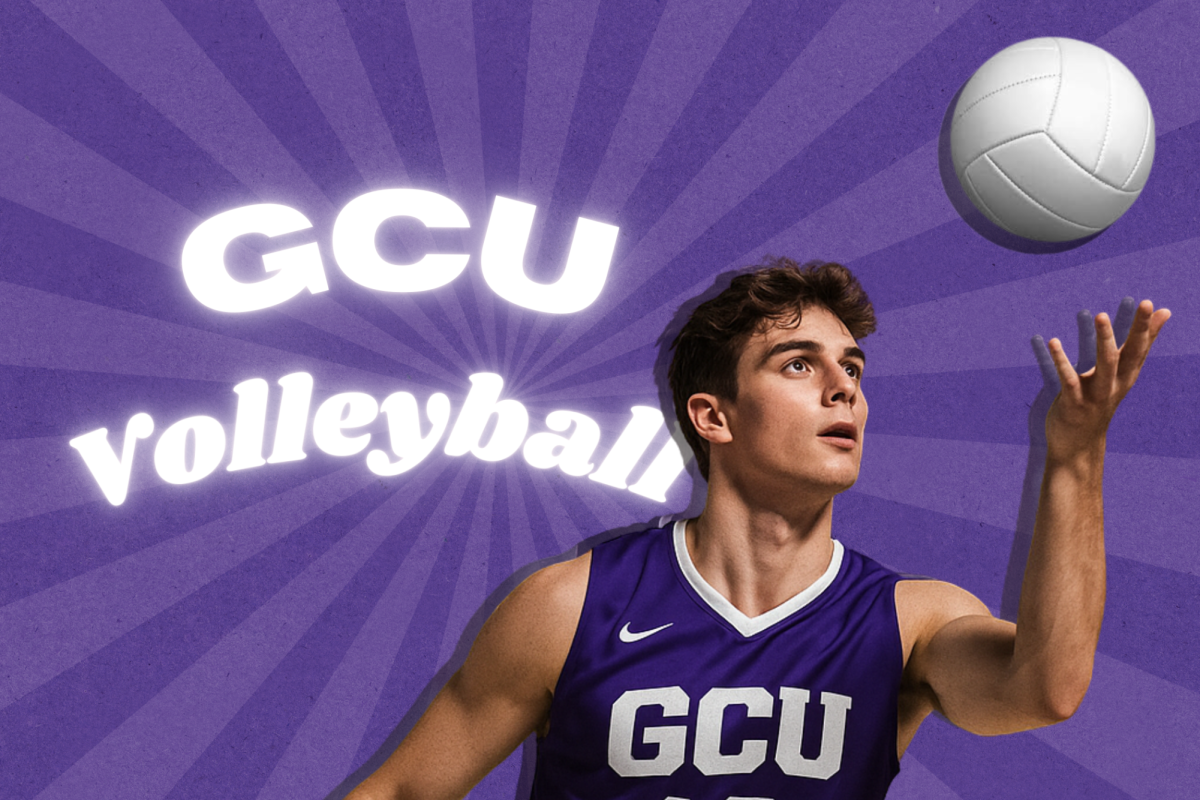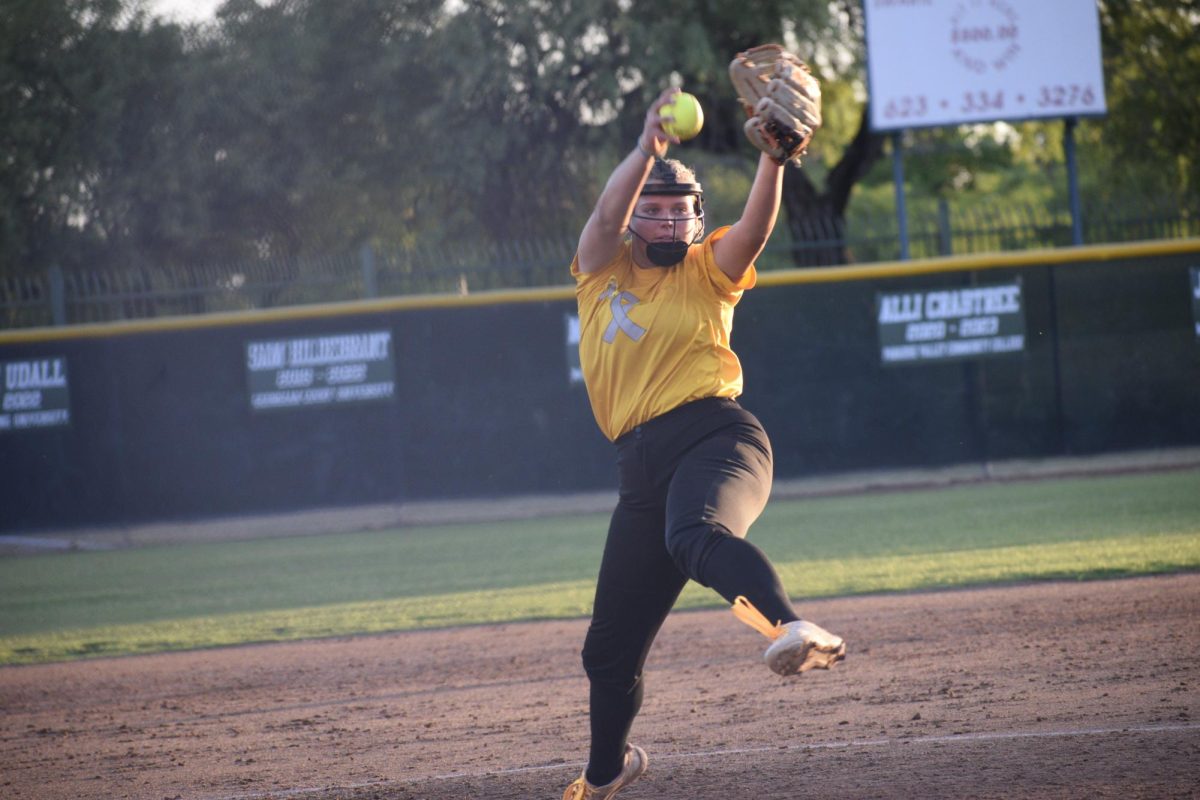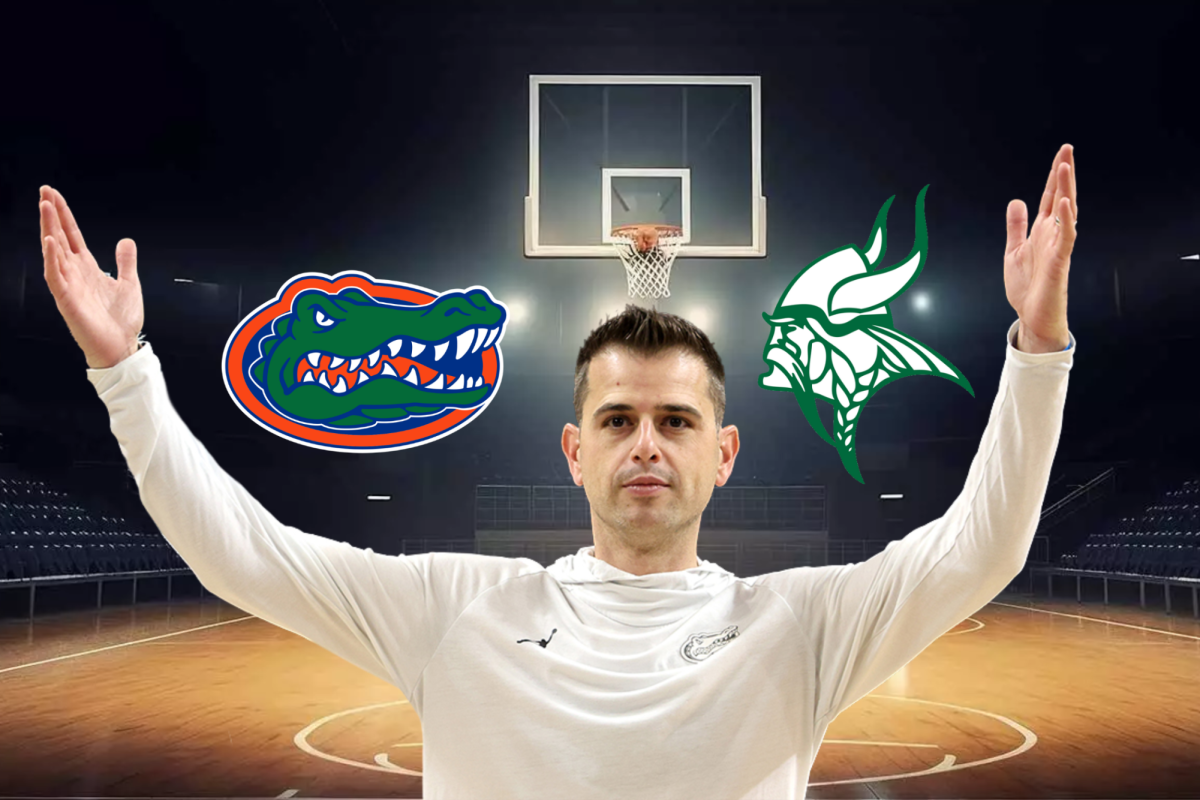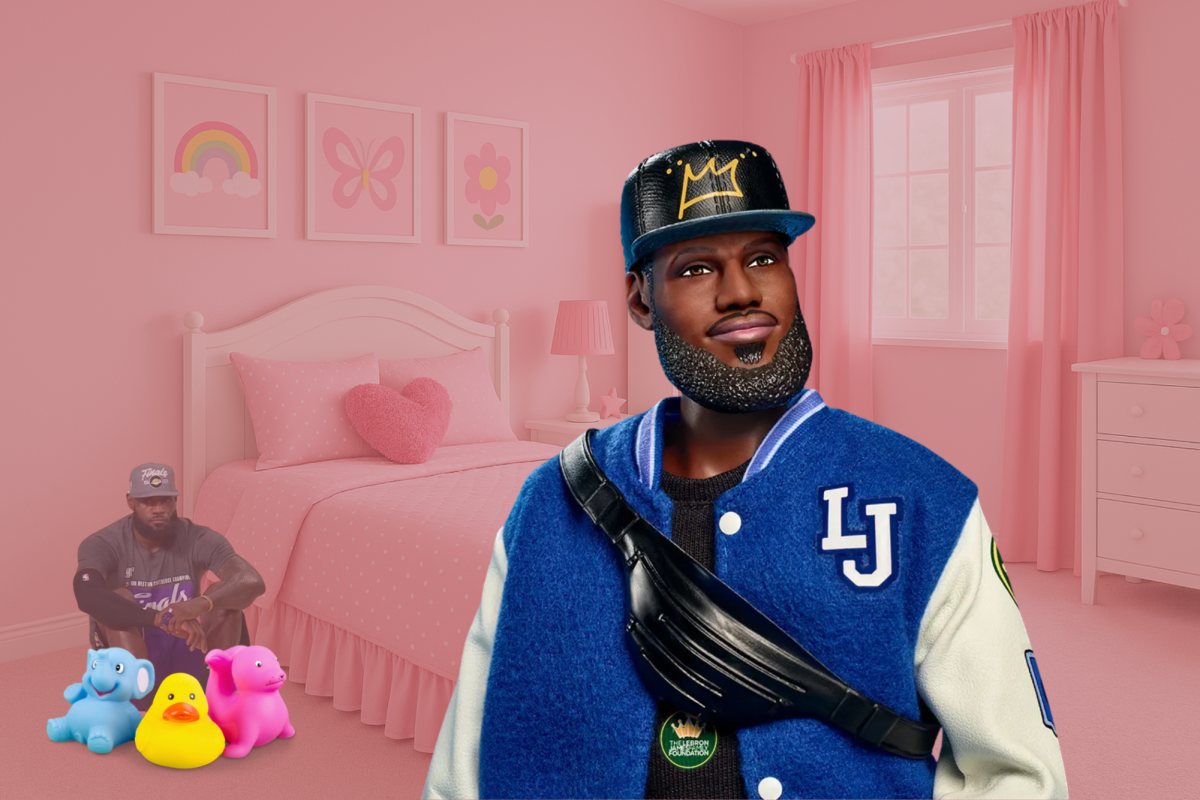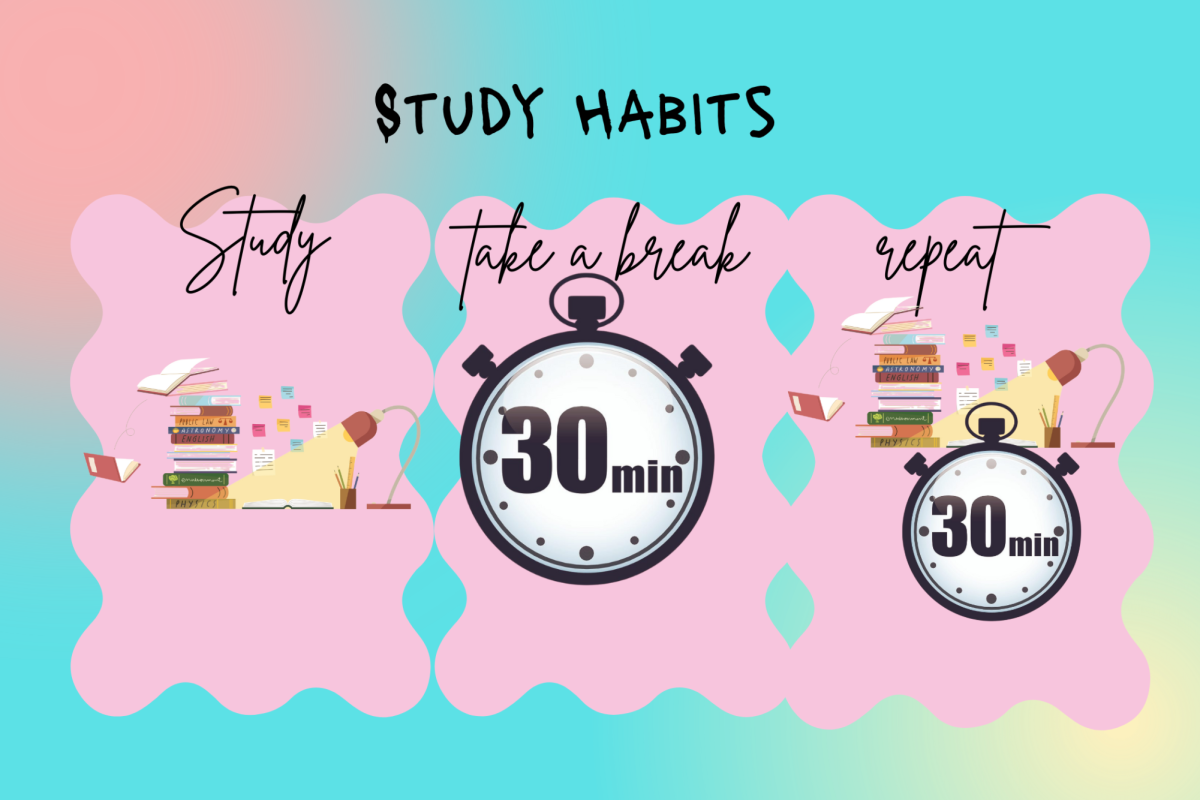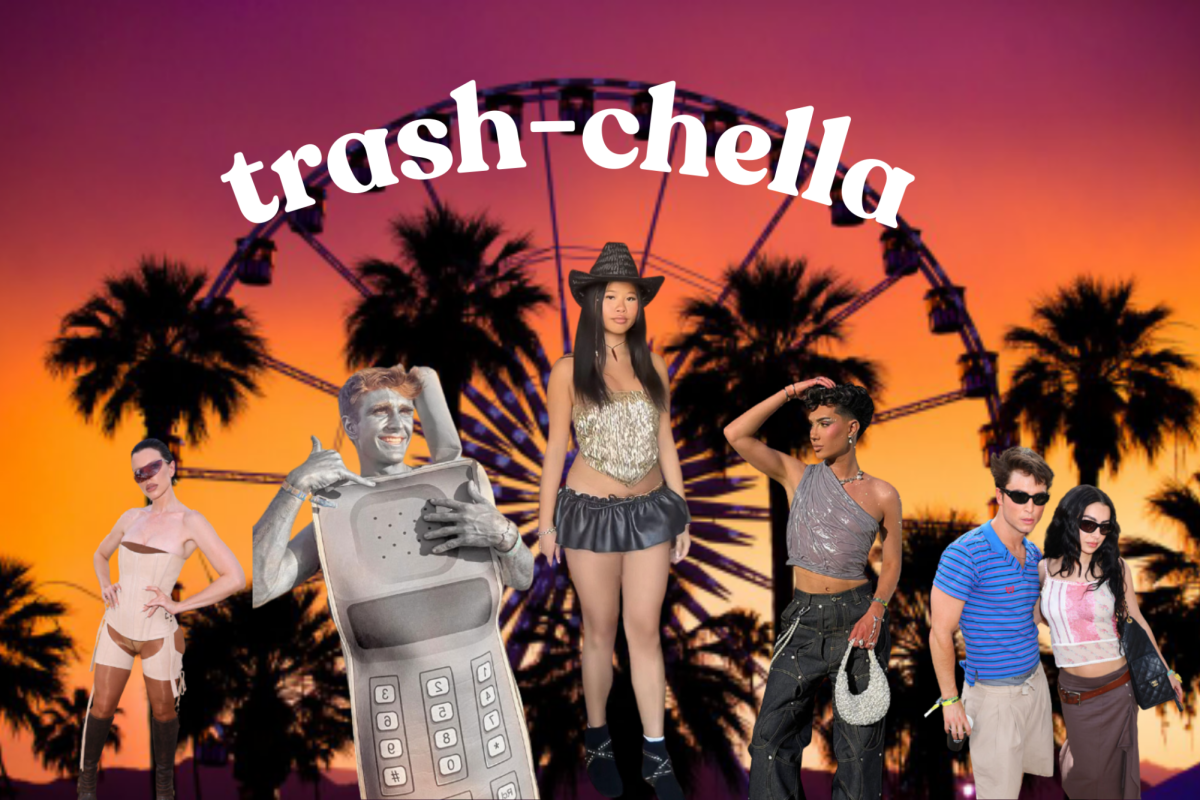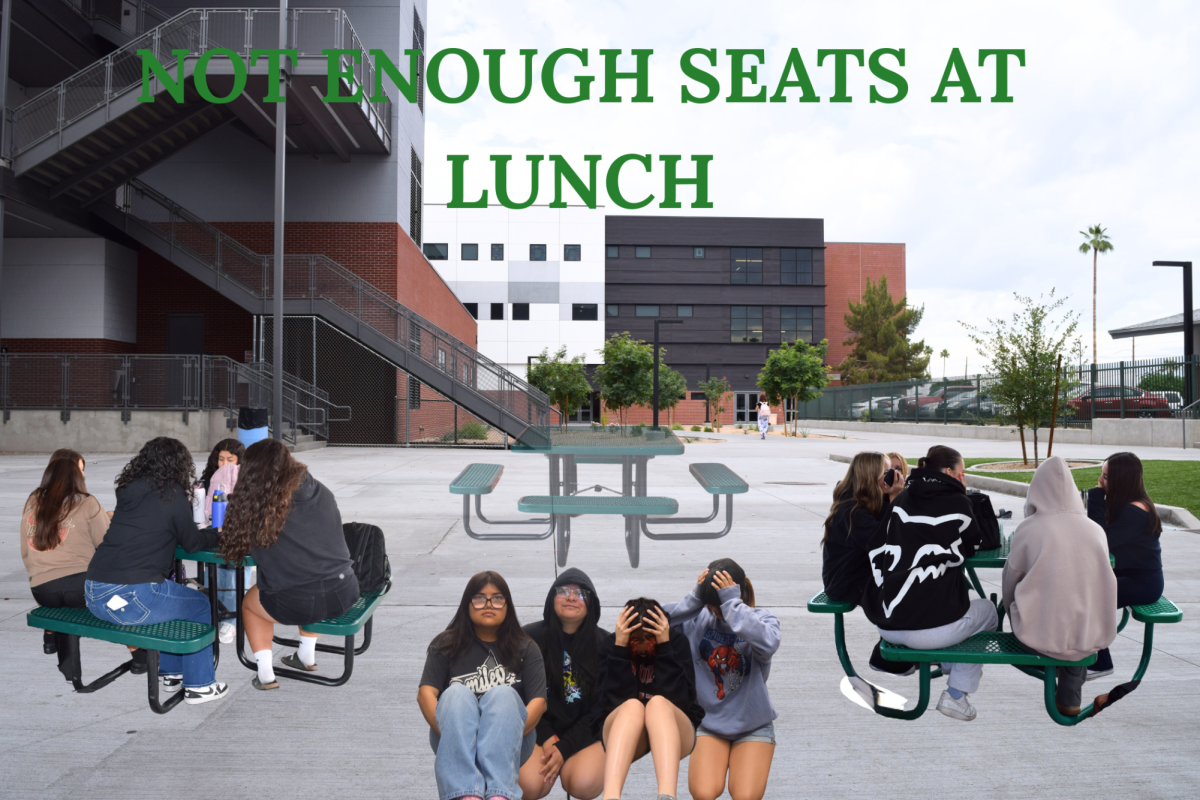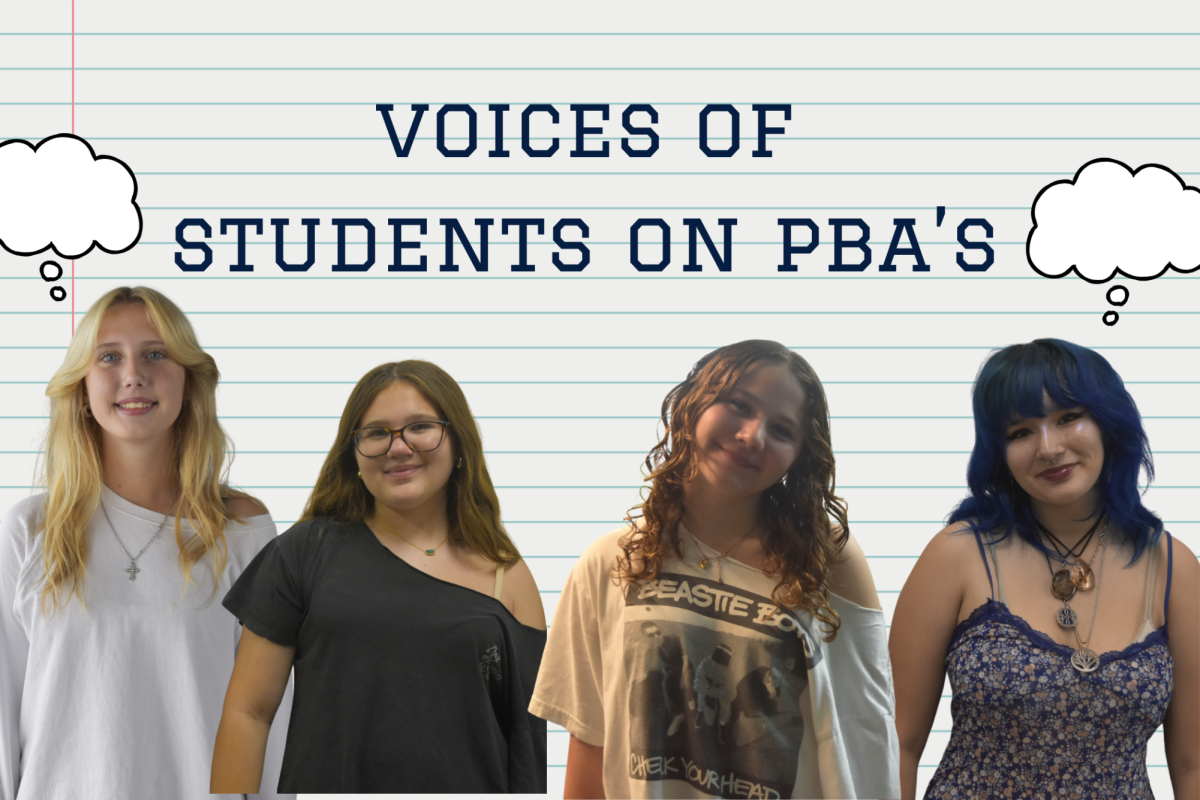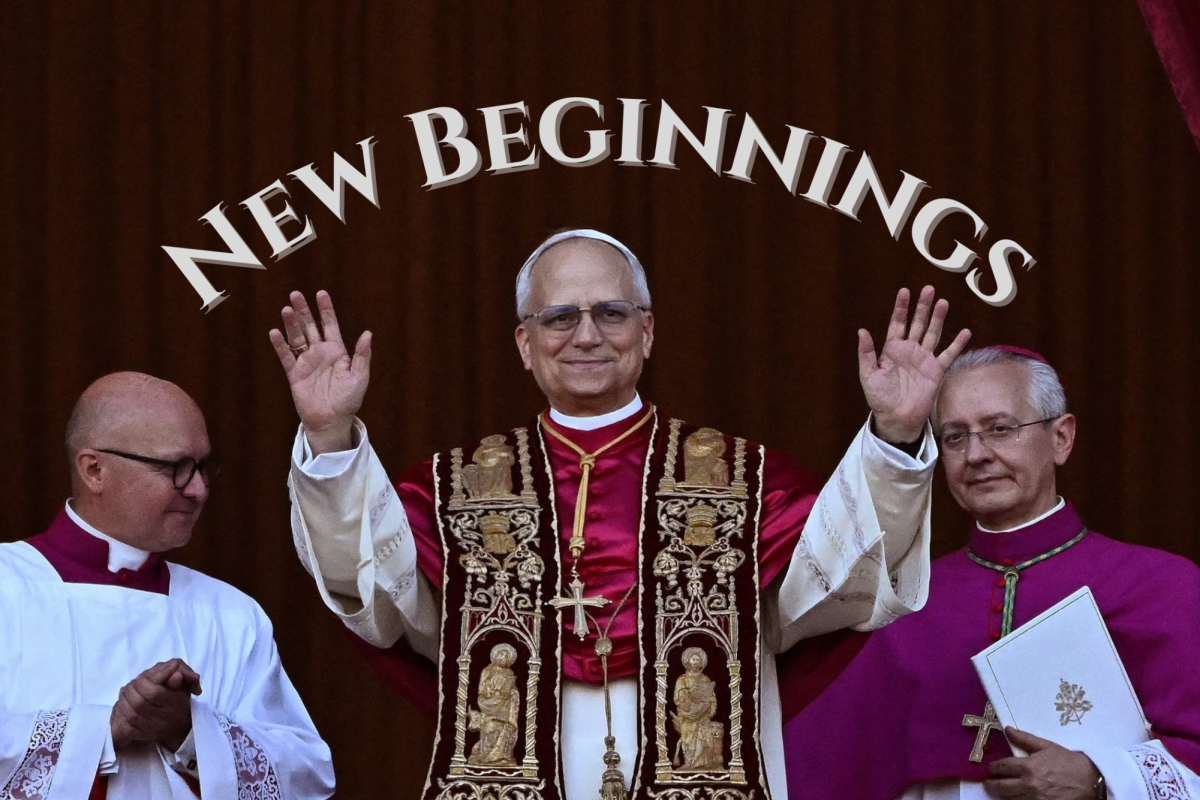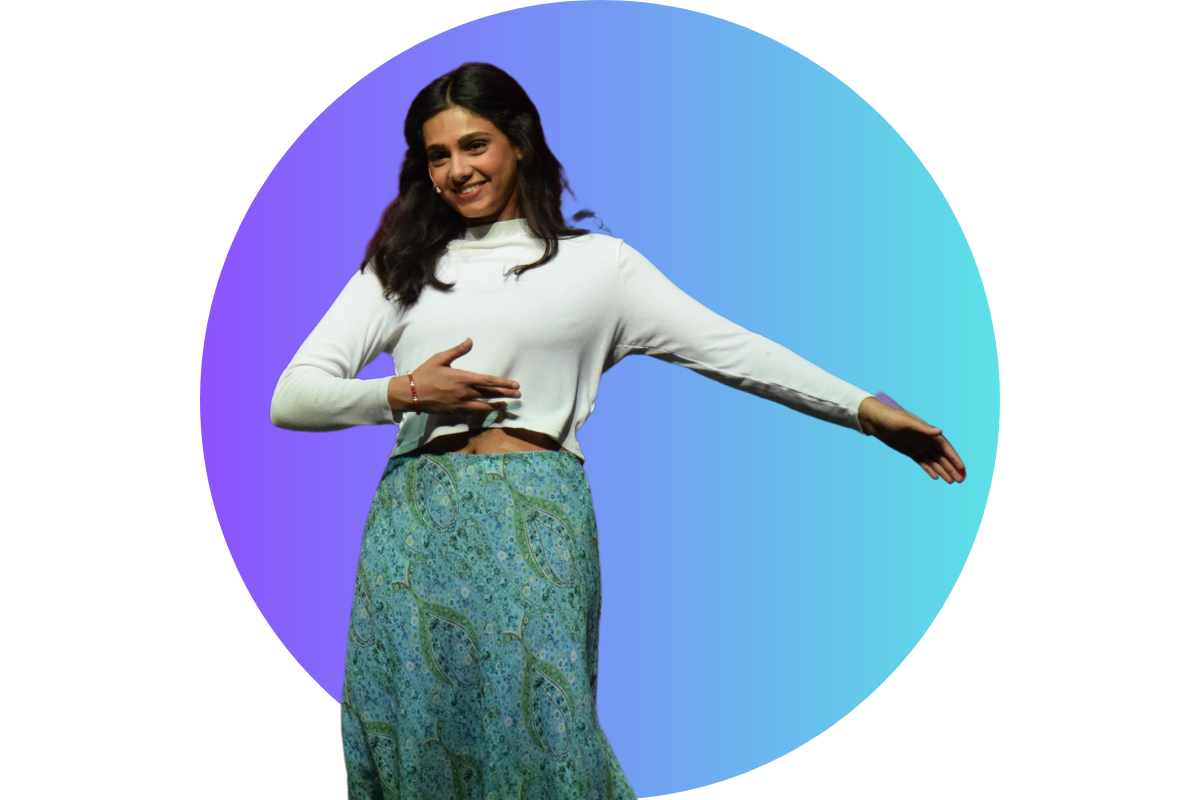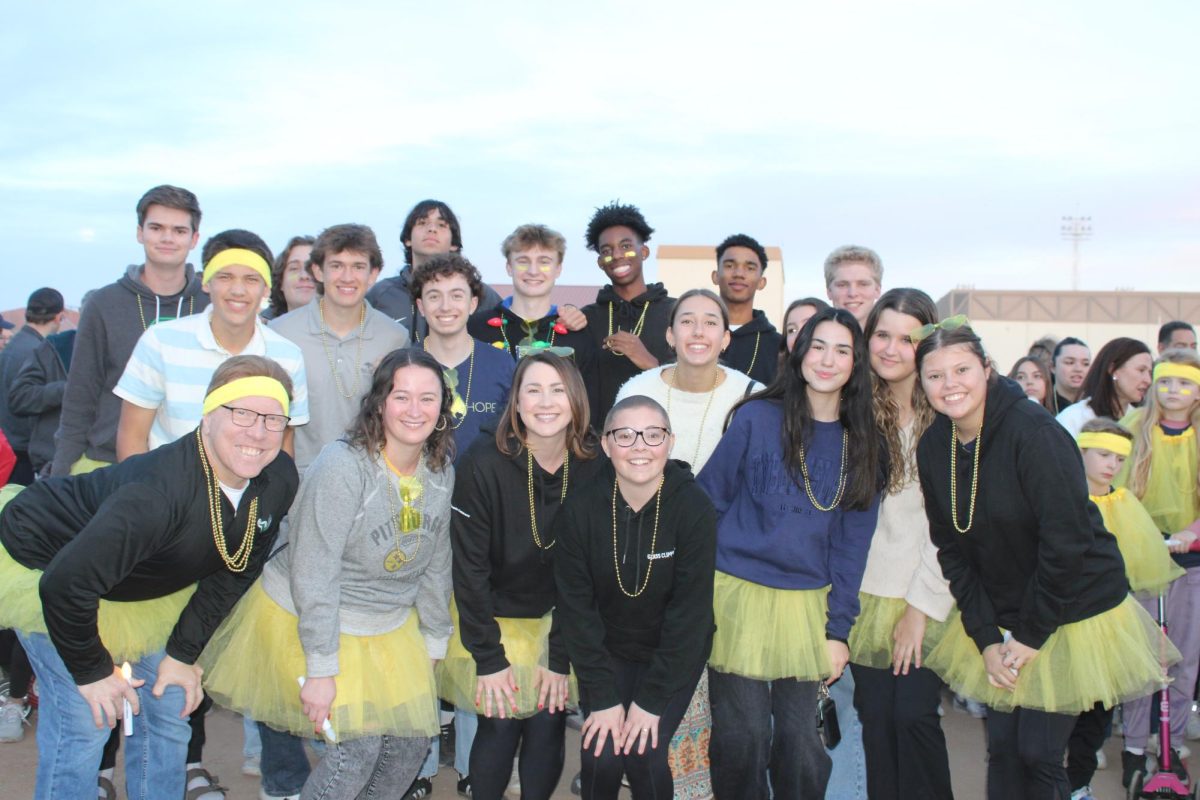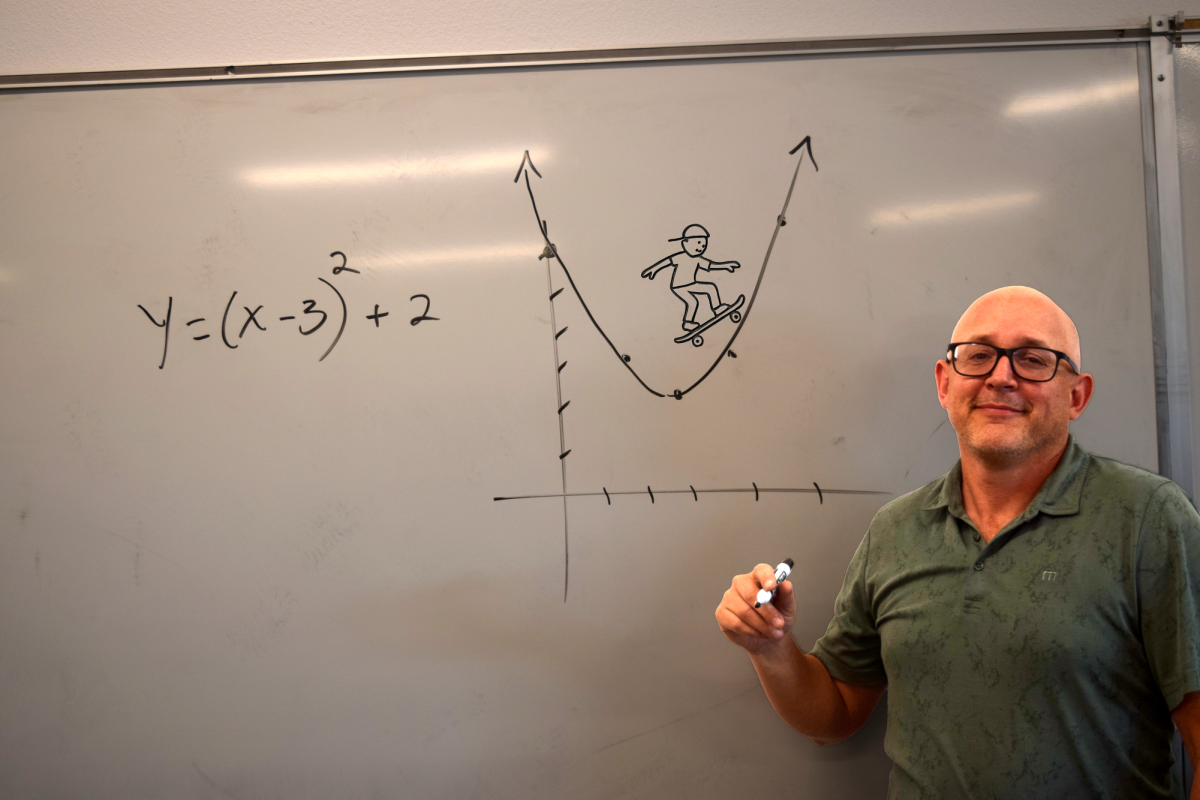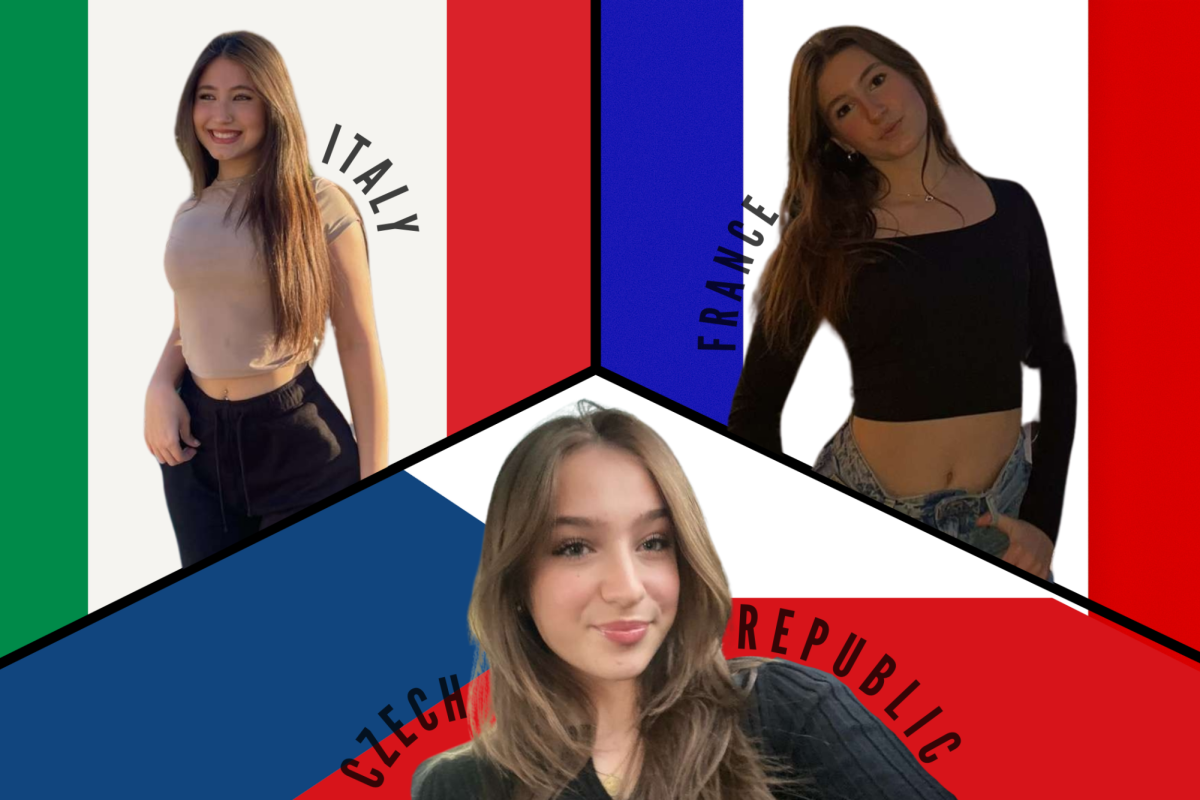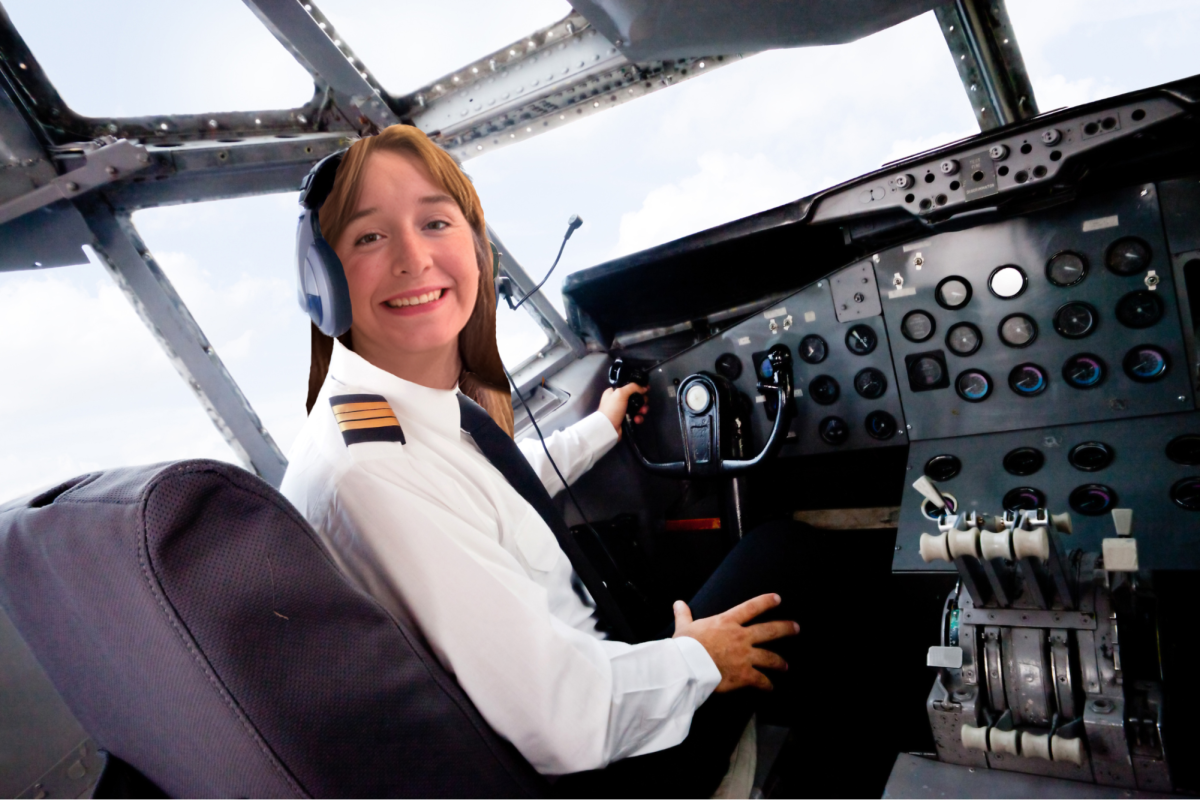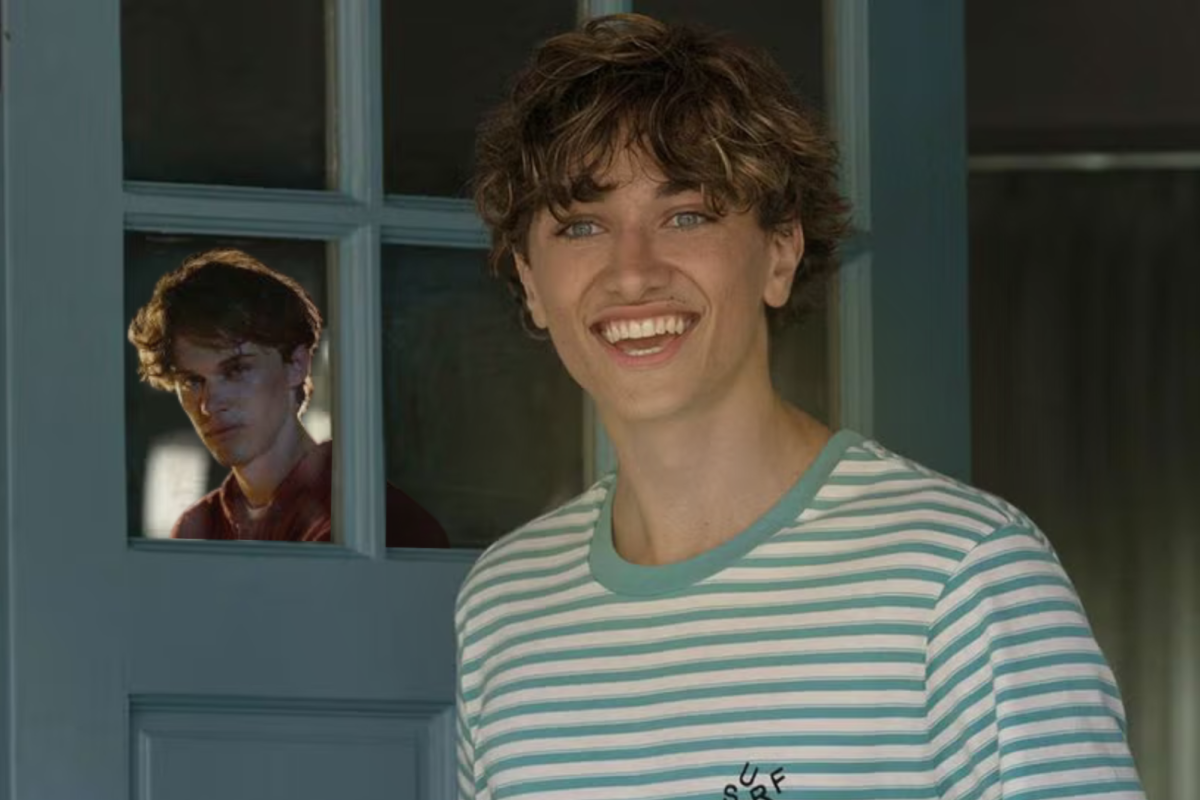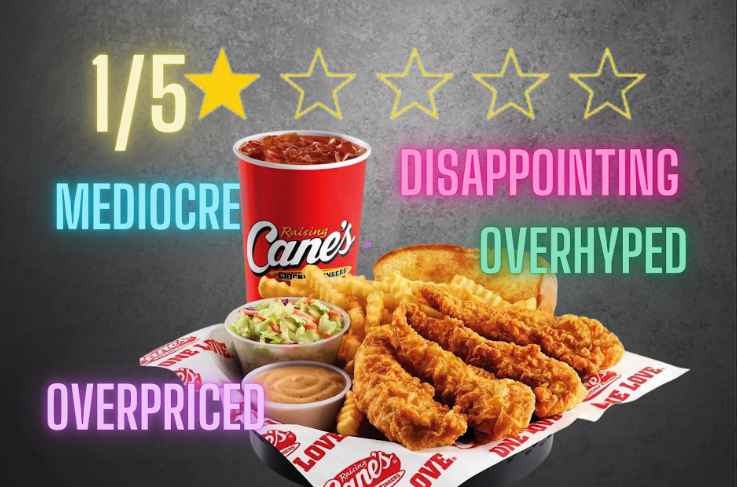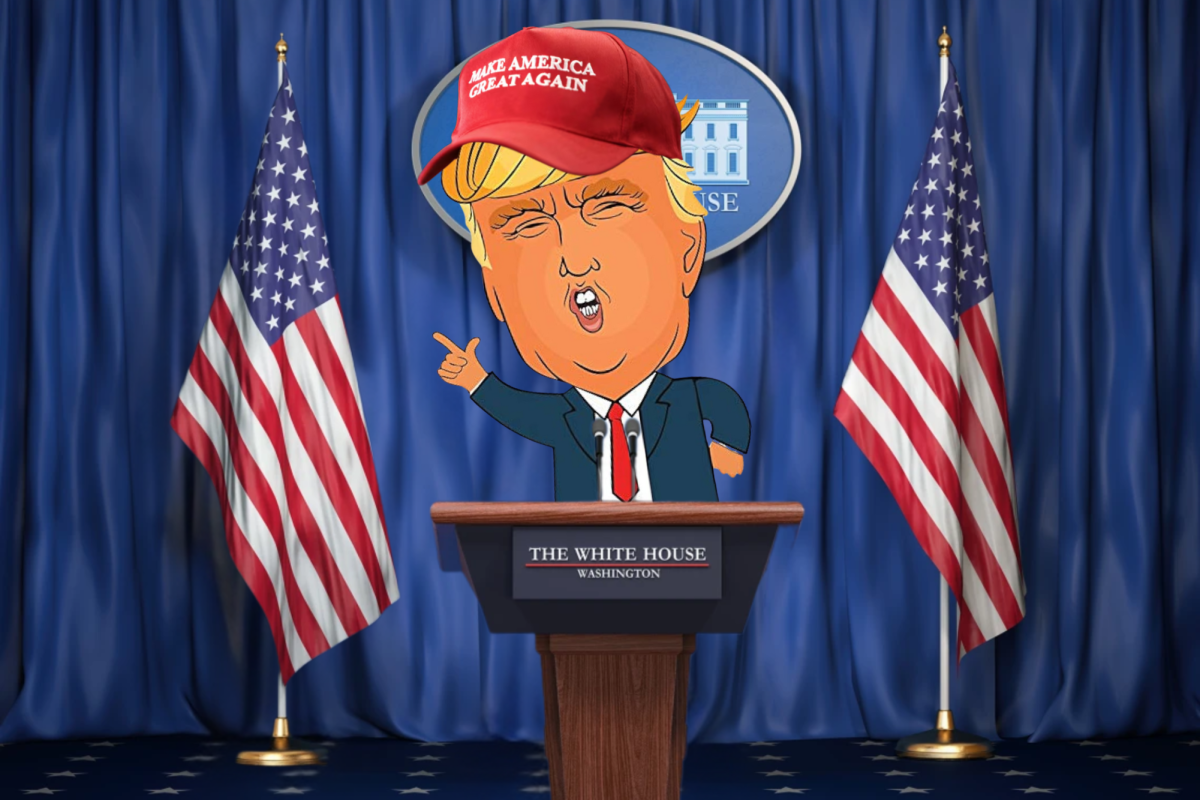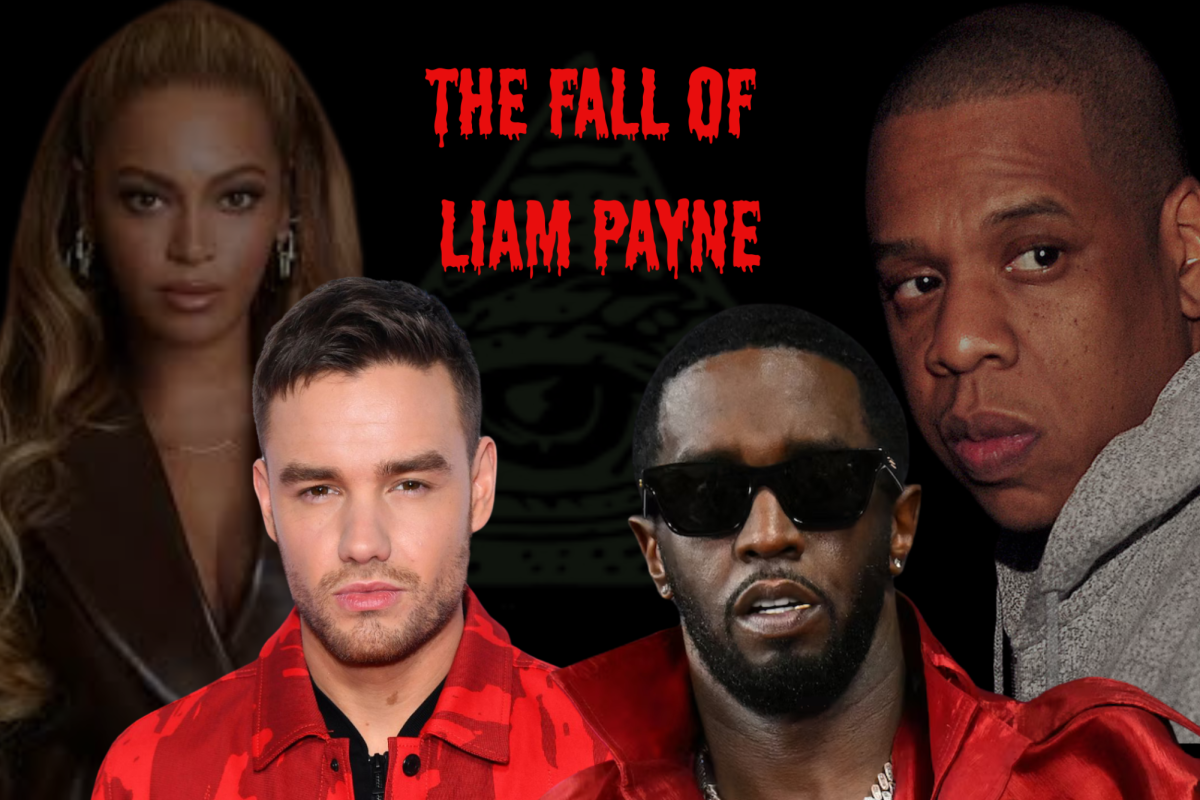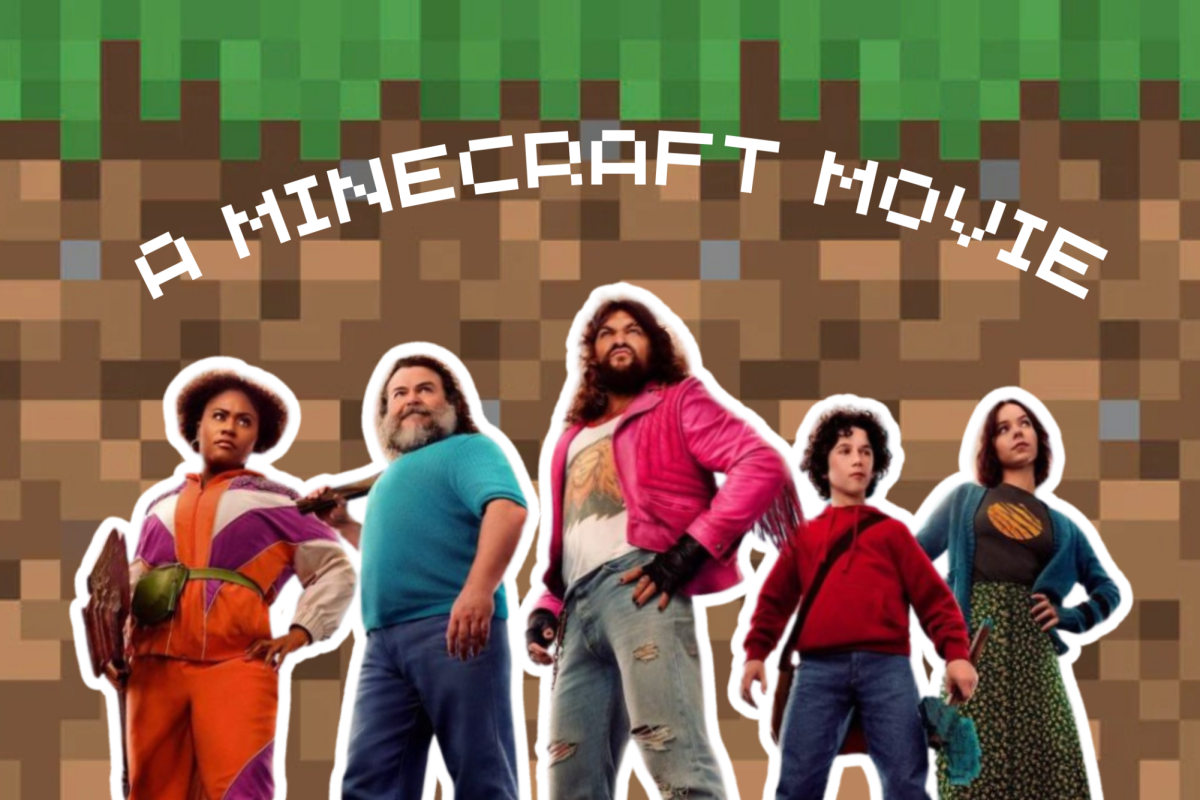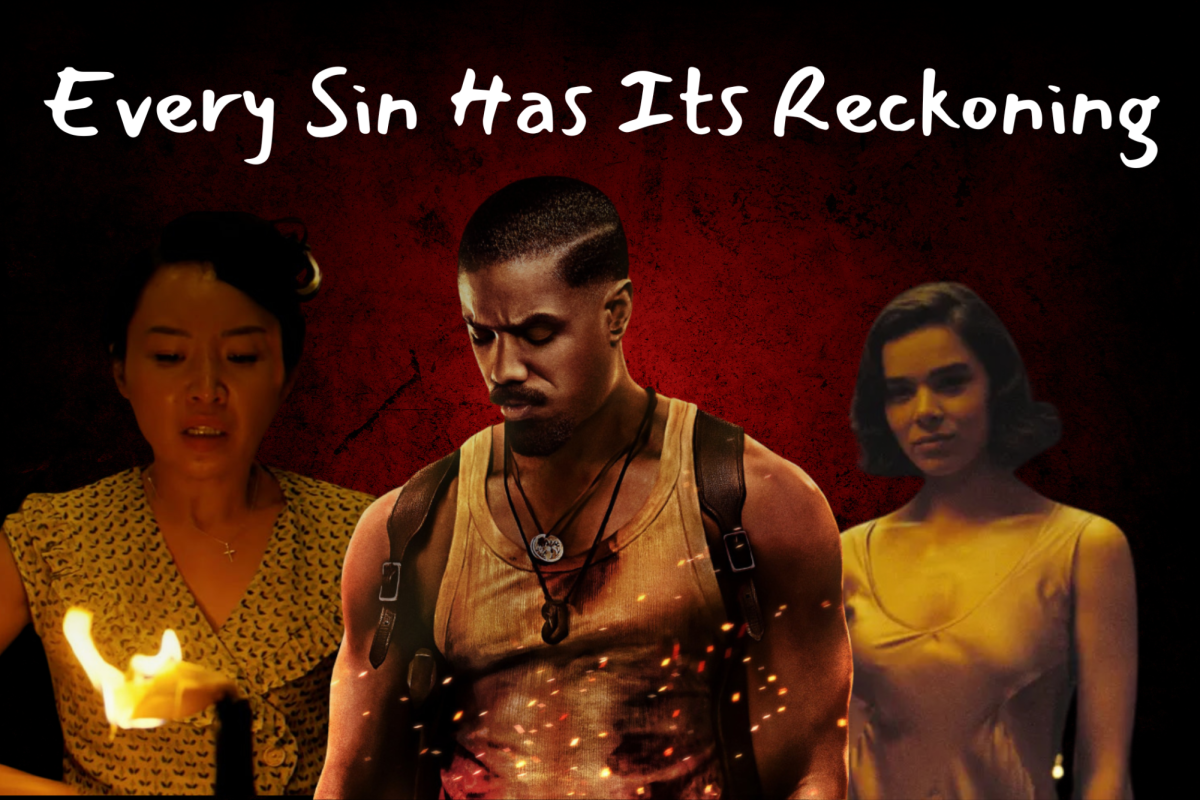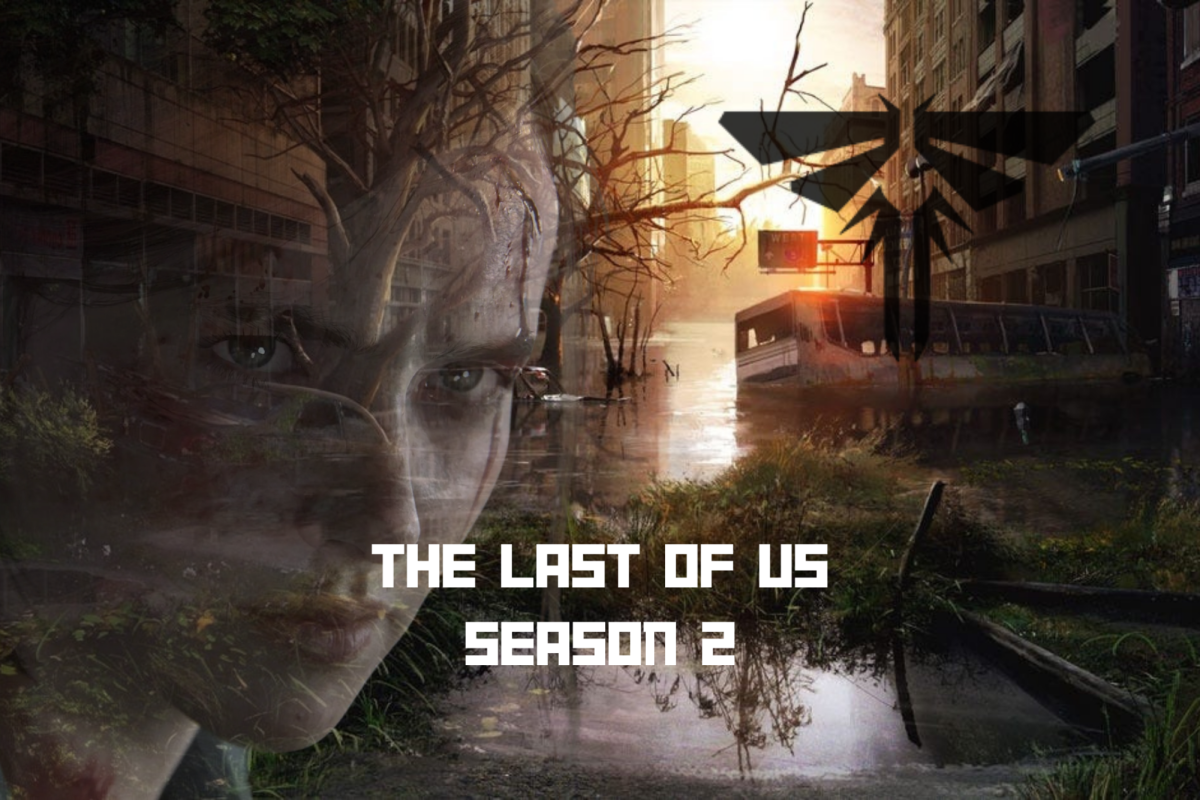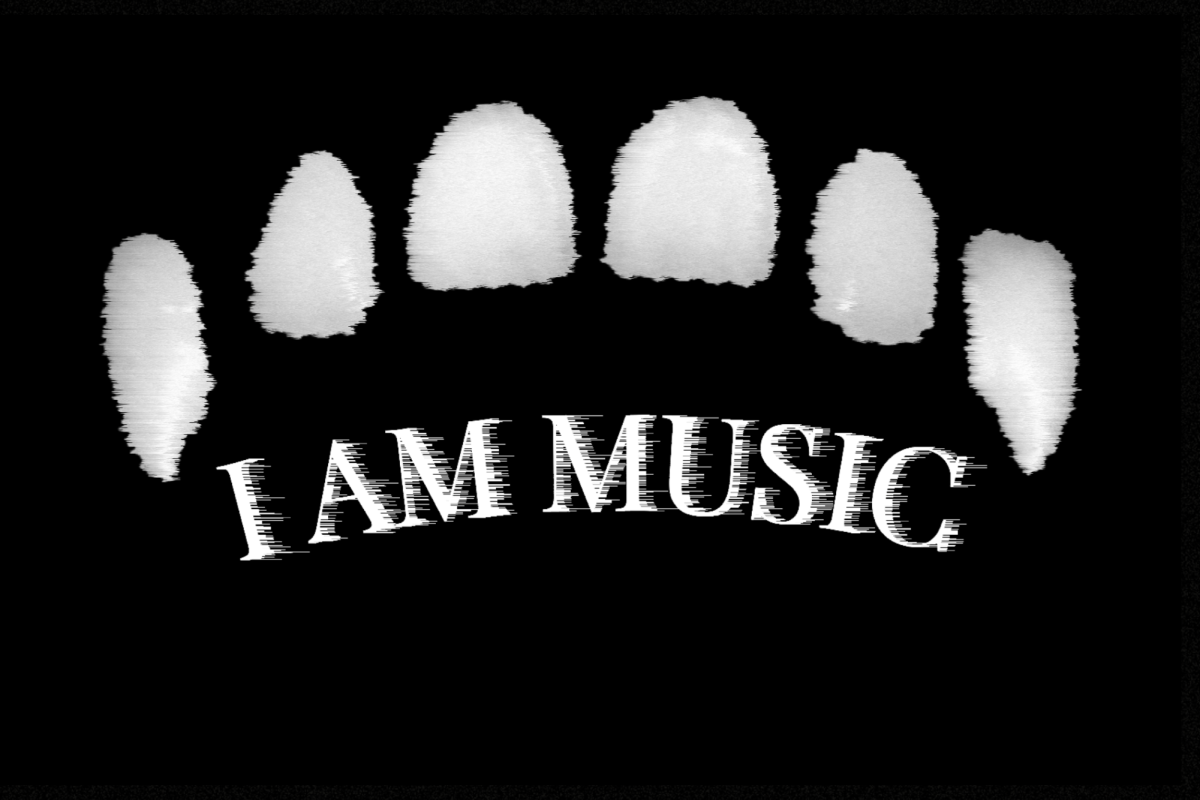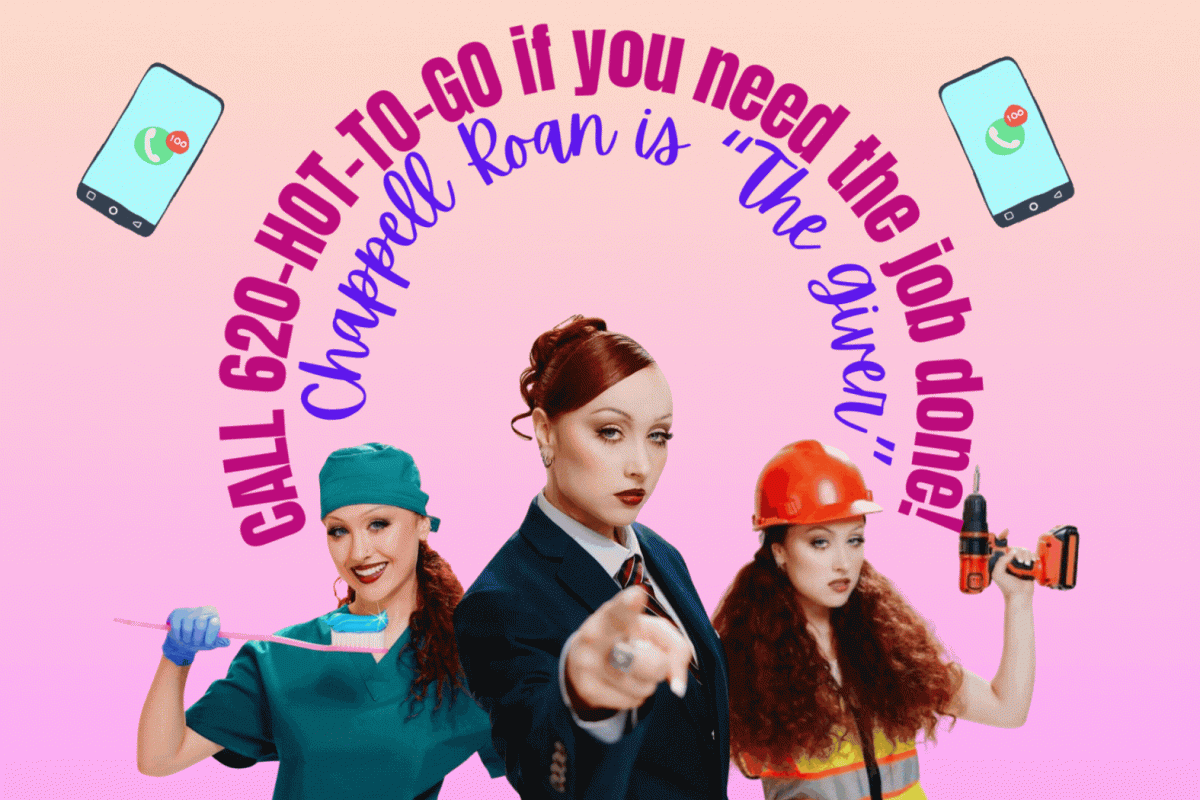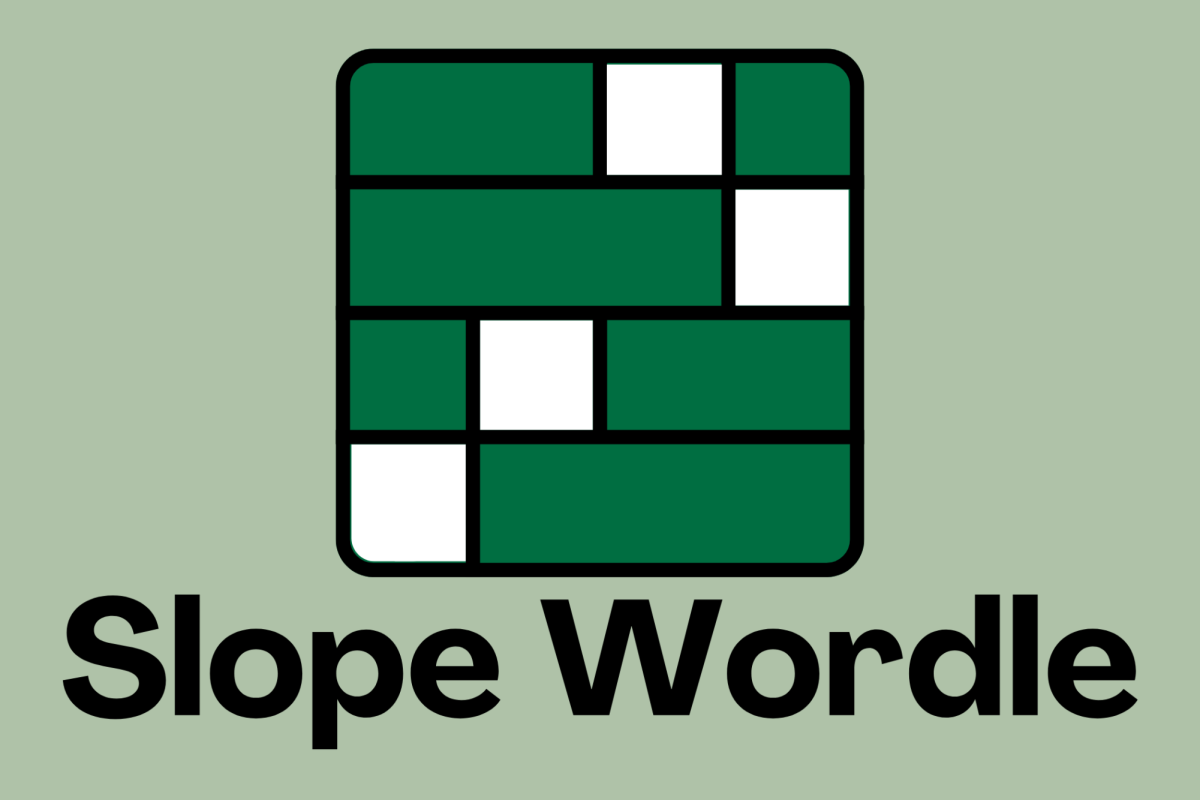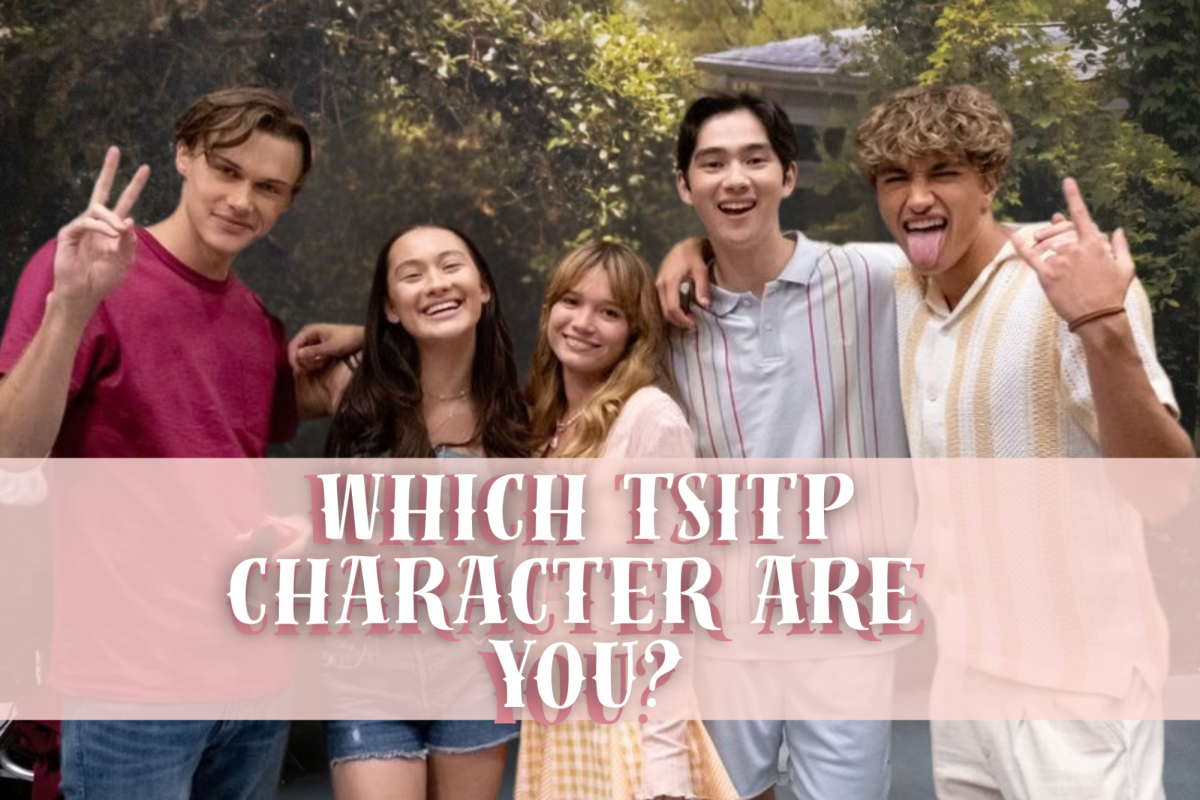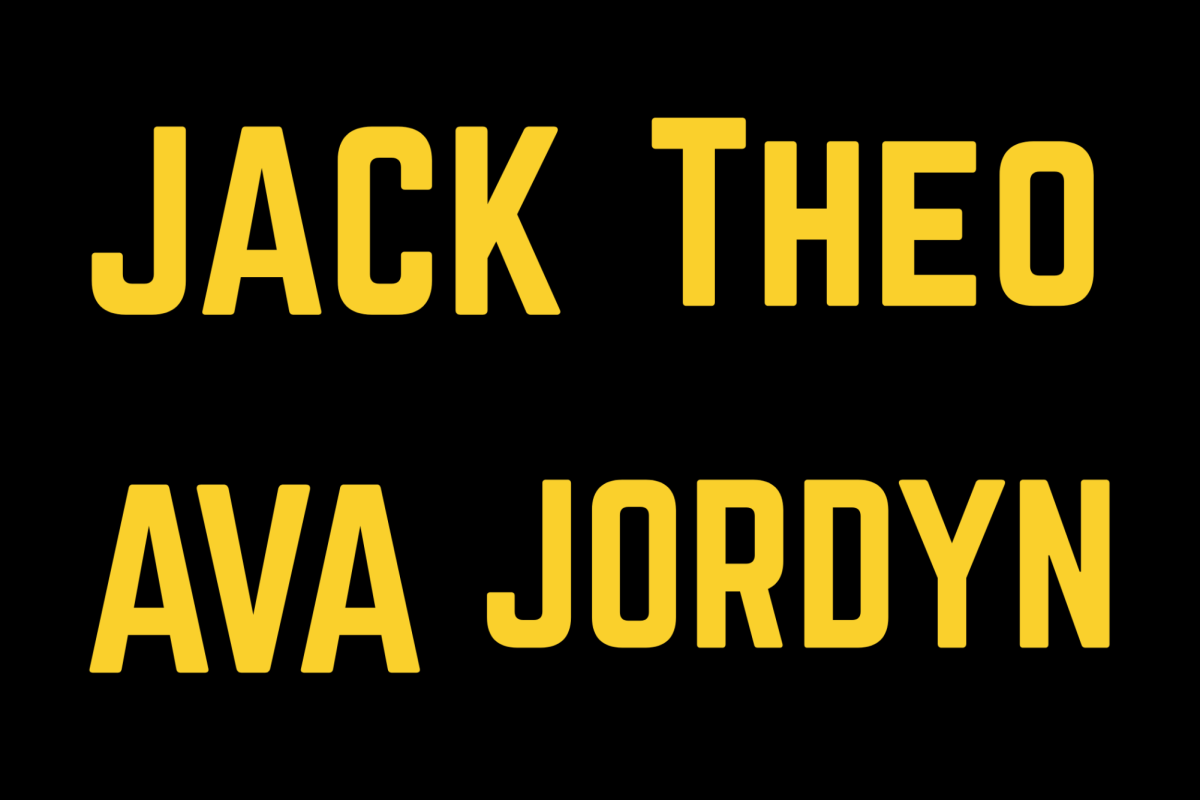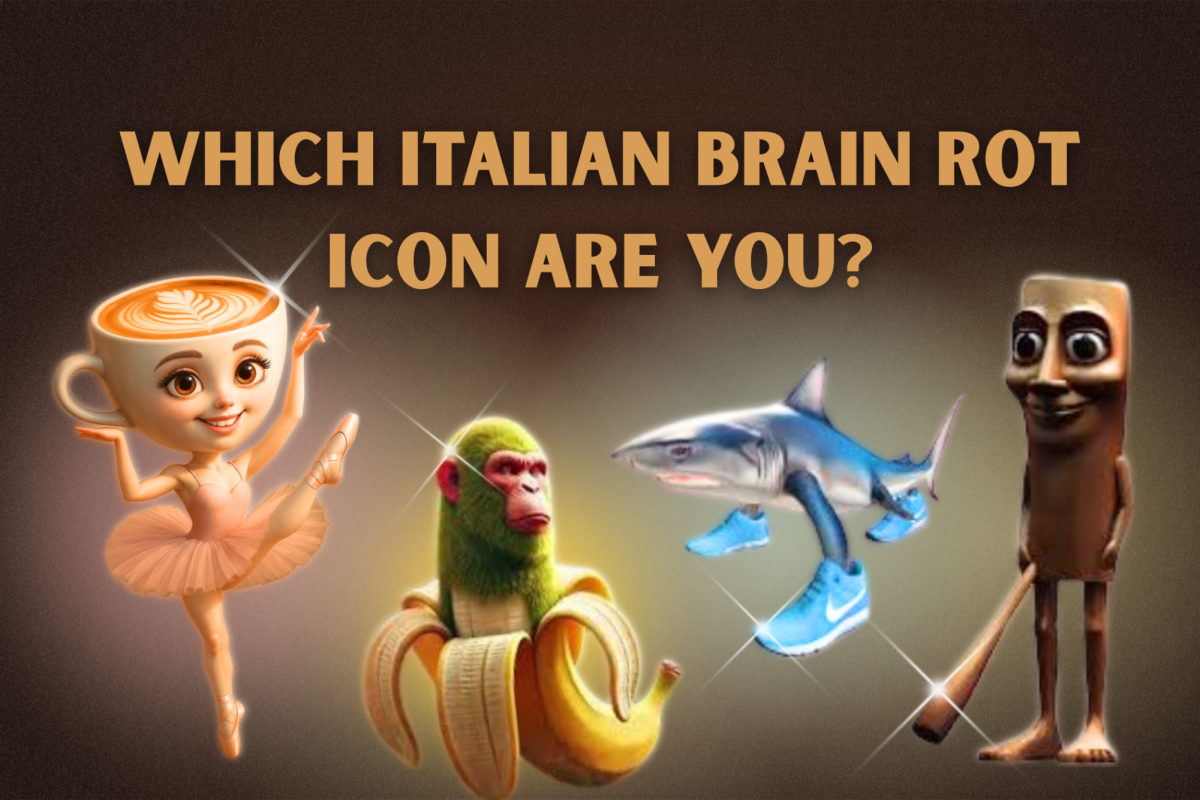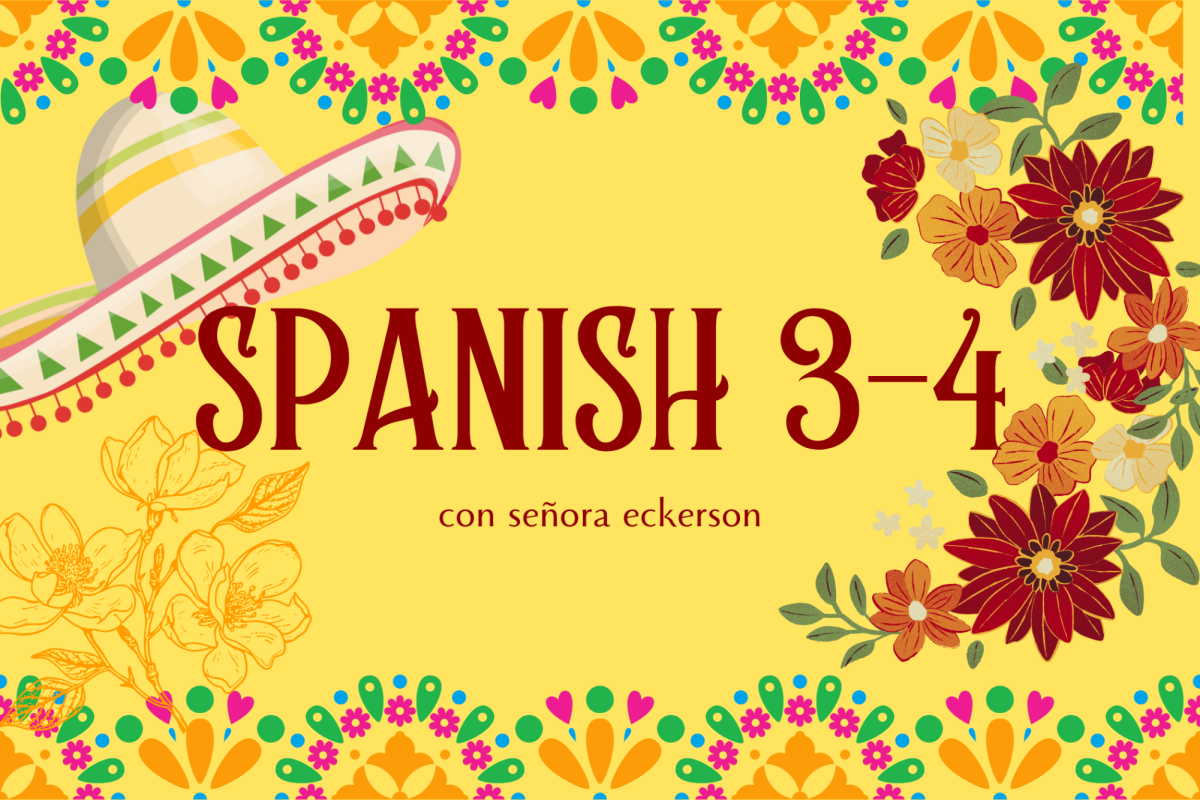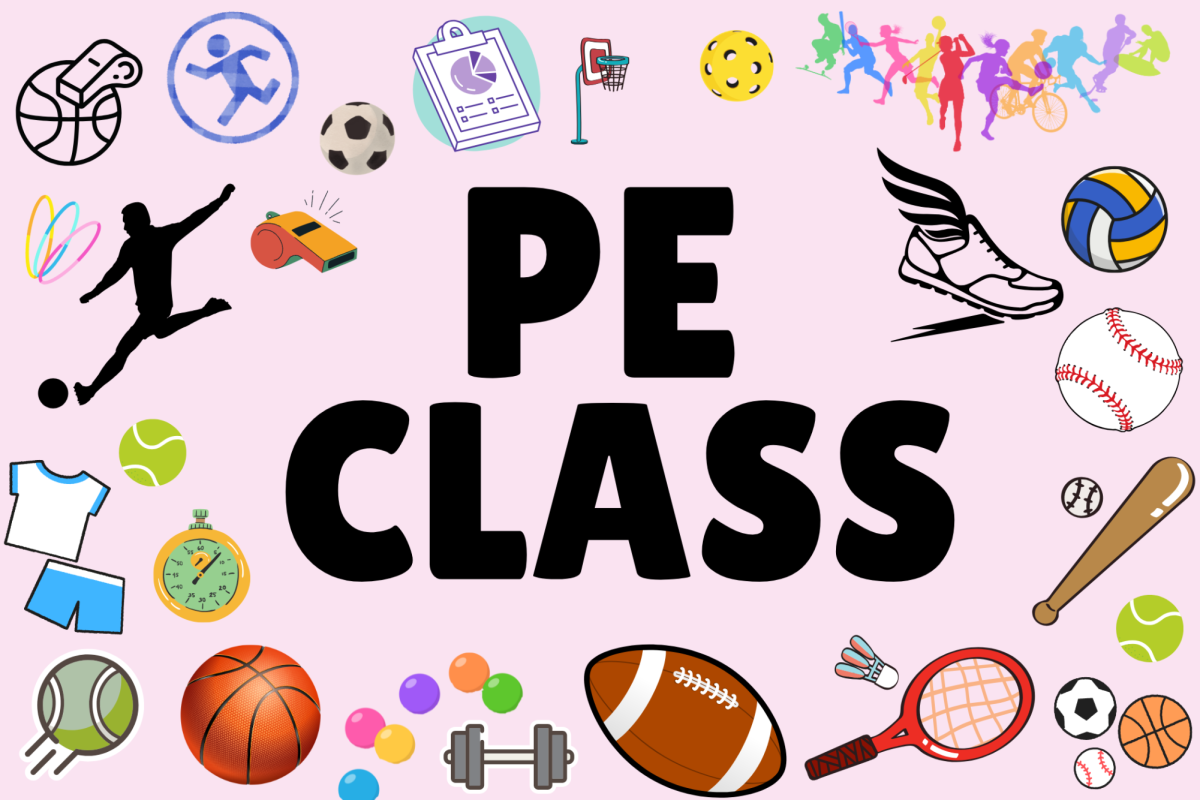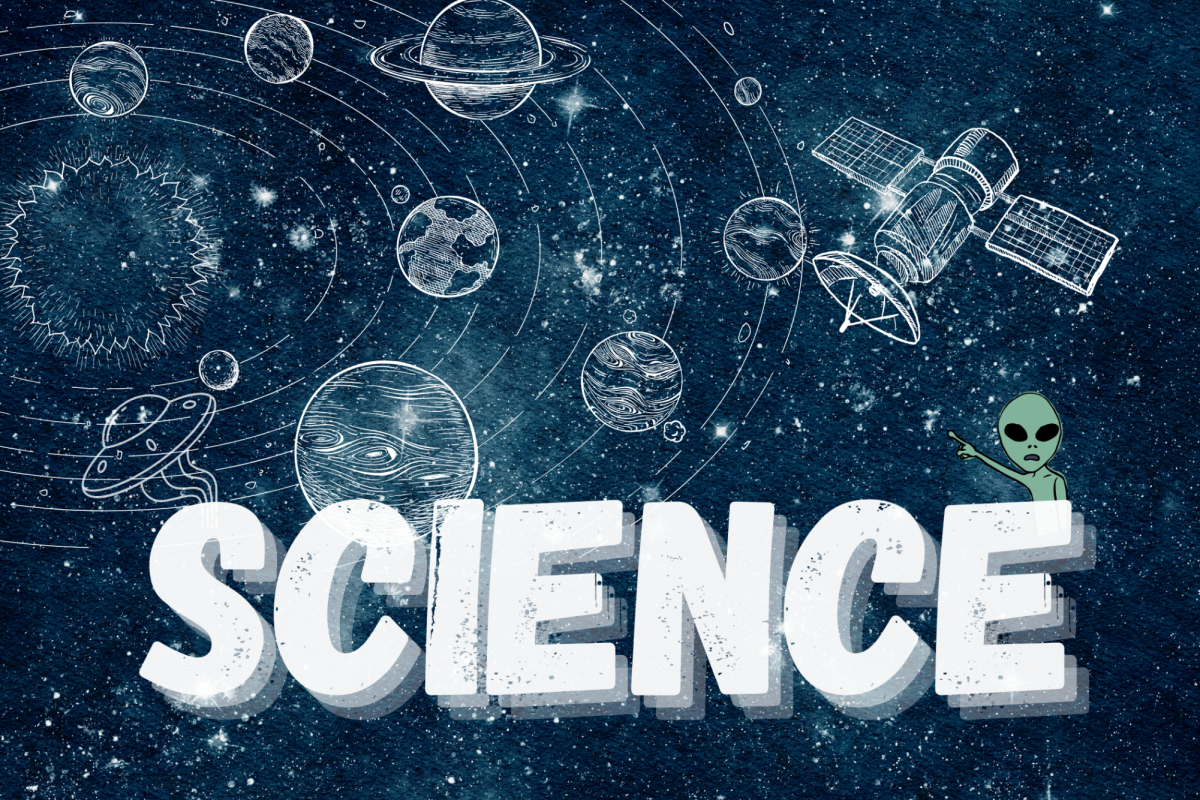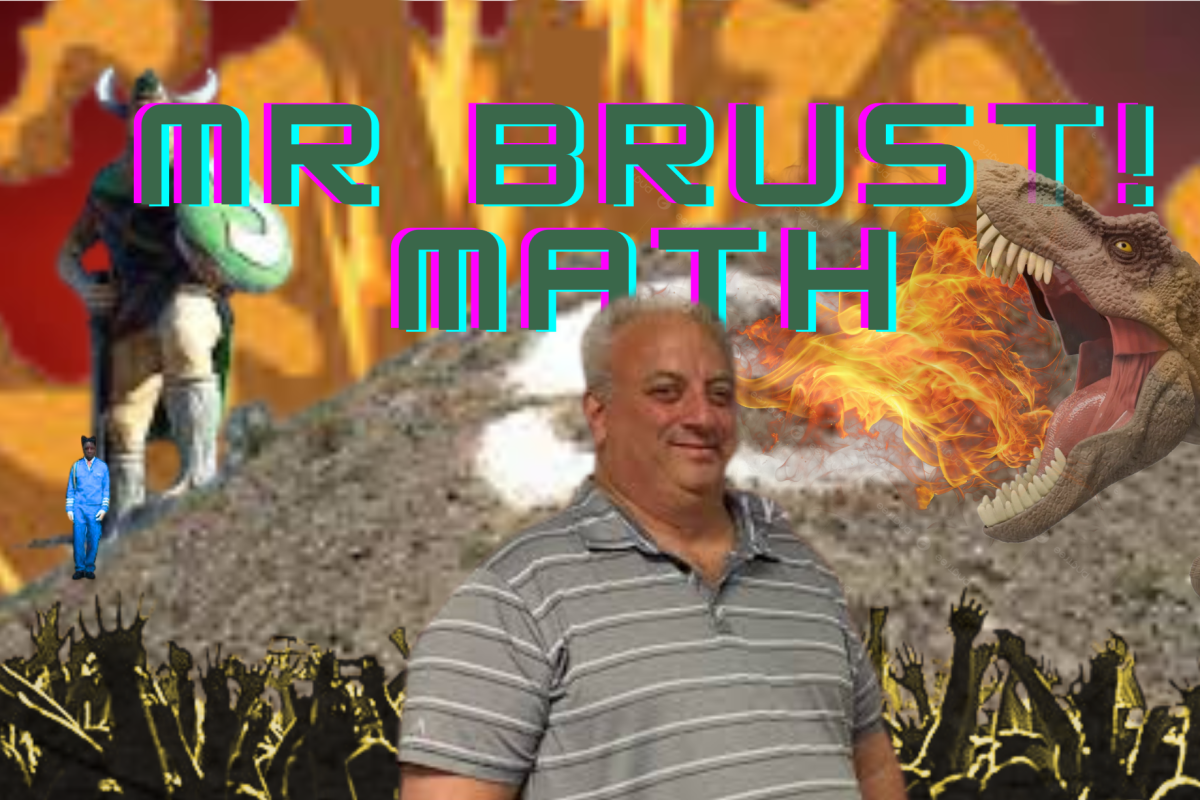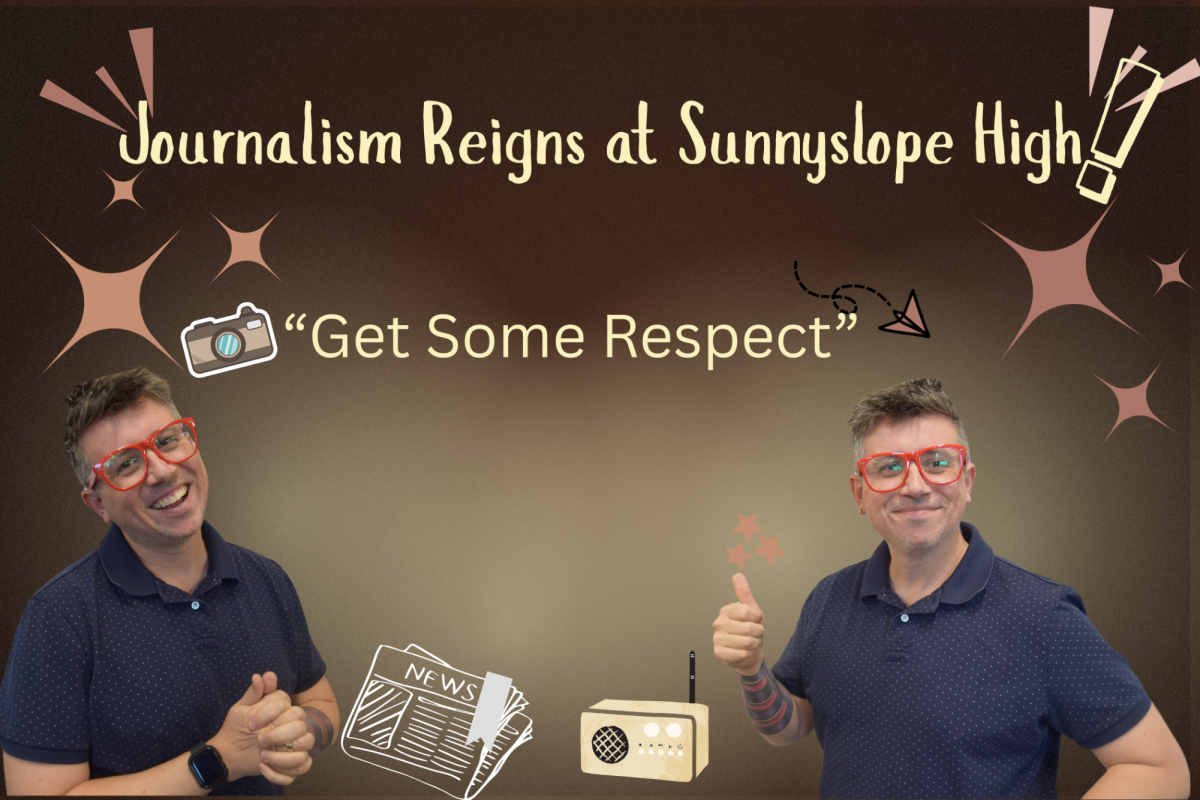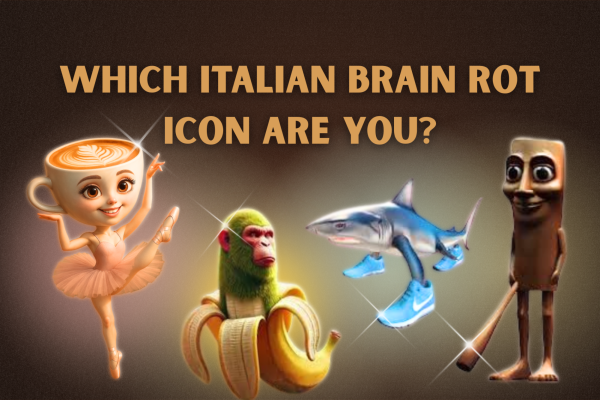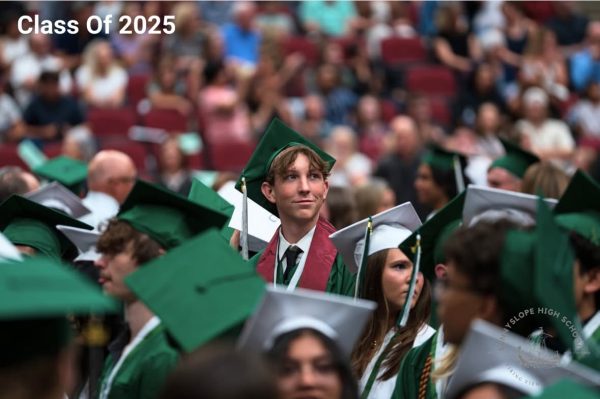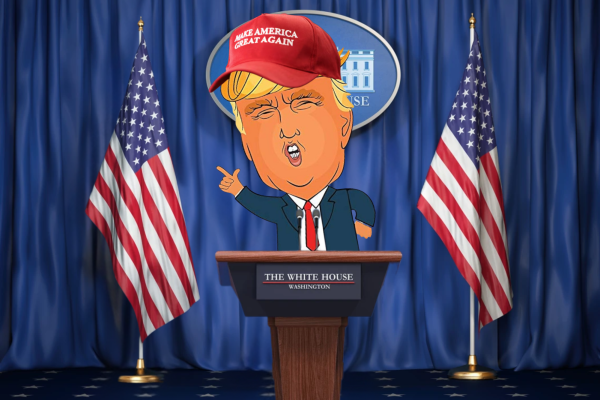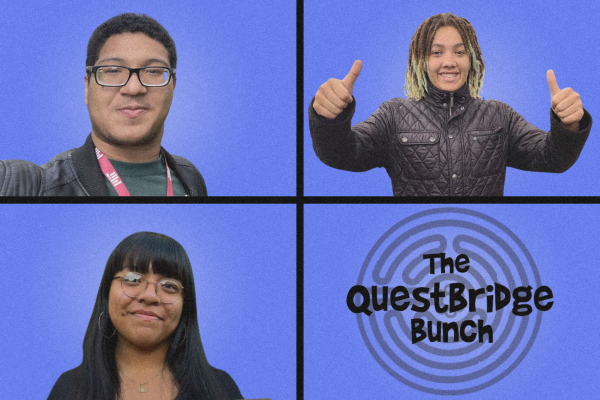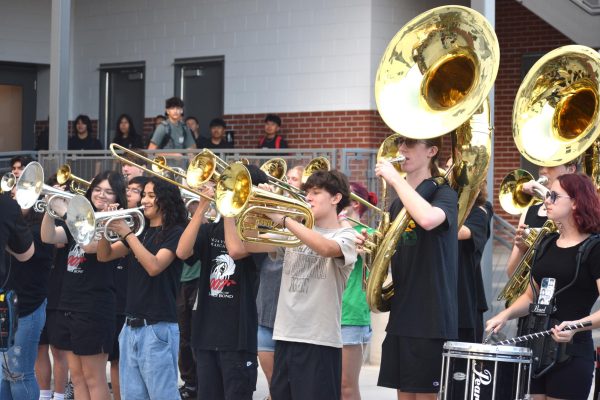The Future of (Art)ificial Intelligence
January 27, 2023
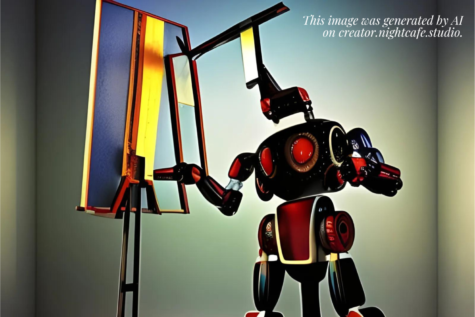
The future can be a formidable thing for many as we wonder which concepts predicted by science fiction and dystopian media will become reality.
Generative AI, artificial intelligence that can create art, written works, and other kinds of content, is one such concept that has recently grown in popularity.
However, many are questioning how good this advancement actually is, and what the expansion of AI-generated art and writing means for the future of artists and writers.
With the creation of services like Dalle-2 and Stable Diffusion, AI art has become more impressive than ever before; “Everyone was just going into it and making memes of it and using it for fun, and then it got super sophisticated really fast out of nowhere… the artwork that some AI has created already is insane,” said Senior Mimi Monroy.
Many artists and appreciators of art feel financially threatened by the quickly-improving quality of generative AI.
Monroy explained, “What is the point of paying someone to take three weeks to make something that you want when you can just go to a website for free or pay… a dollar and they can make it for you in a minute?”
In a quick paced society, that option may be too tempting for the masses.
“That puts a lot of artists at risk and it turns art into more of a satisfaction for [the] consumer rather than expression of an artist,” Monroy said.
Though AI writing services have not yet advanced as far as AI art ones have, the release of ChatGPT opens up more opportunities as well as fears for writers and readers.
English Teacher Kristin Wesson explained her concern with AI-generated literature: “If we don’t value certain things, if we don’t value literature as an art form, if we don’t value art itself… if we’re not valuing the creation and the process behind [it], if the goal is to just do it faster, quicker, [and] more efficiently, then AI and technology has always been that route… sometimes our hubris will lead to our downfall.”
However, the growth of generative AI opens up many possibilities for the arts.
“It’s gonna take a lot of the basic repetitive labor away from artists and designers, and… that’s going to free artists and designers up to do more thoughtful interventions, refine their ideas, and make them original,” said Art Teacher Melanie LeGendre.
Though many have pointed out the possible negative effects of the growth of generative AI, it could also just be another development of technology that society will have to adapt to.
LeGendre explained, “Around the mid 1800s, [the camera] put a bunch of artists out of business and they hated it… They had to become more modern, more stylized, more colorful, and that gave rise to modern art… we can’t fear that which is gonna make us evolve into something more interesting.”
All of the debate over the benefits and drawbacks of generative AI raises the question: if AI is able to make quality works, then are those ‘art’ in the same way that human works are?
How do we define art?
Due to the ethical controversies over AI art generators, Monroy argued that “it isn’t its own art. It just makes ‘art’ out of a bunch of other art that it finds on the internet, and humans can’t tell the difference because obviously we can’t tell the difference out of millions and millions of artworks. But it replicates that kind of emotion.”
Although, others have a different view of the art created by AI.
“There will be genres of art that are 100% computer created, or very close to it… The AI will eventually get to where it can create more and more original work as it evolves,” predicted LeGendre.
As far as the value of AI-generated written works goes, the answer is equally complicated.
“To use a Fahrenheit [451] reference, when Montag suddenly comes to the realization that every book has a person behind it, to take away that human element is a huge factor,” said Wesson.
Everything we know in 2023 has been recorded by a human, after all.
Wesson explained that “when we think of history and English… [they] are just the human perspective… that’s what they experienced, and they put that into words; their own interests influenced… that creation. So to take that away, I don’t know if I would personally be as interested… Let’s look at the human behind it.”
Despite the possible disadvantages of generative AI, it will surely be interesting to see how it continues to evolve.
